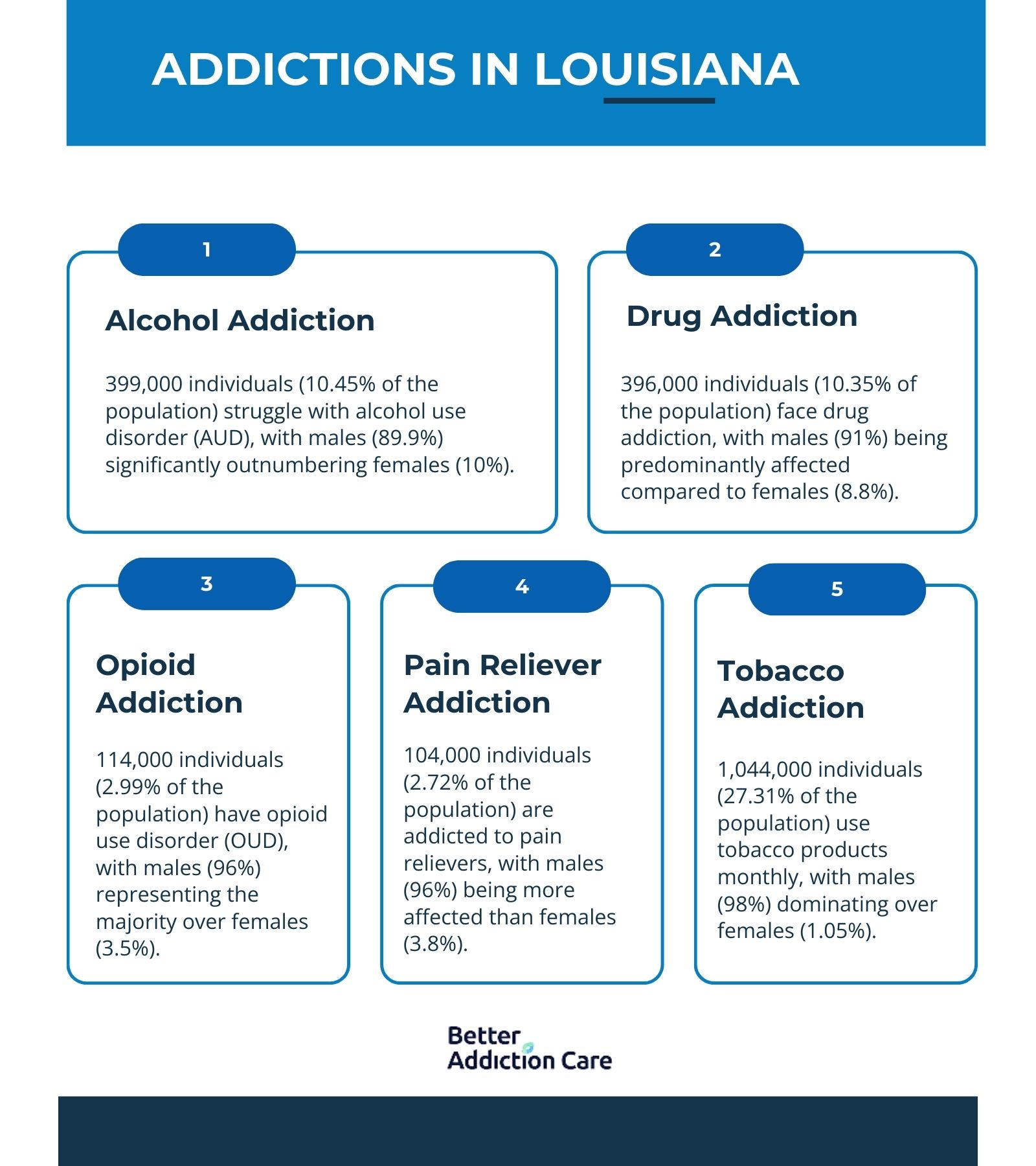110 Best Alcohol and Drug Rehabs in Louisiana 2025
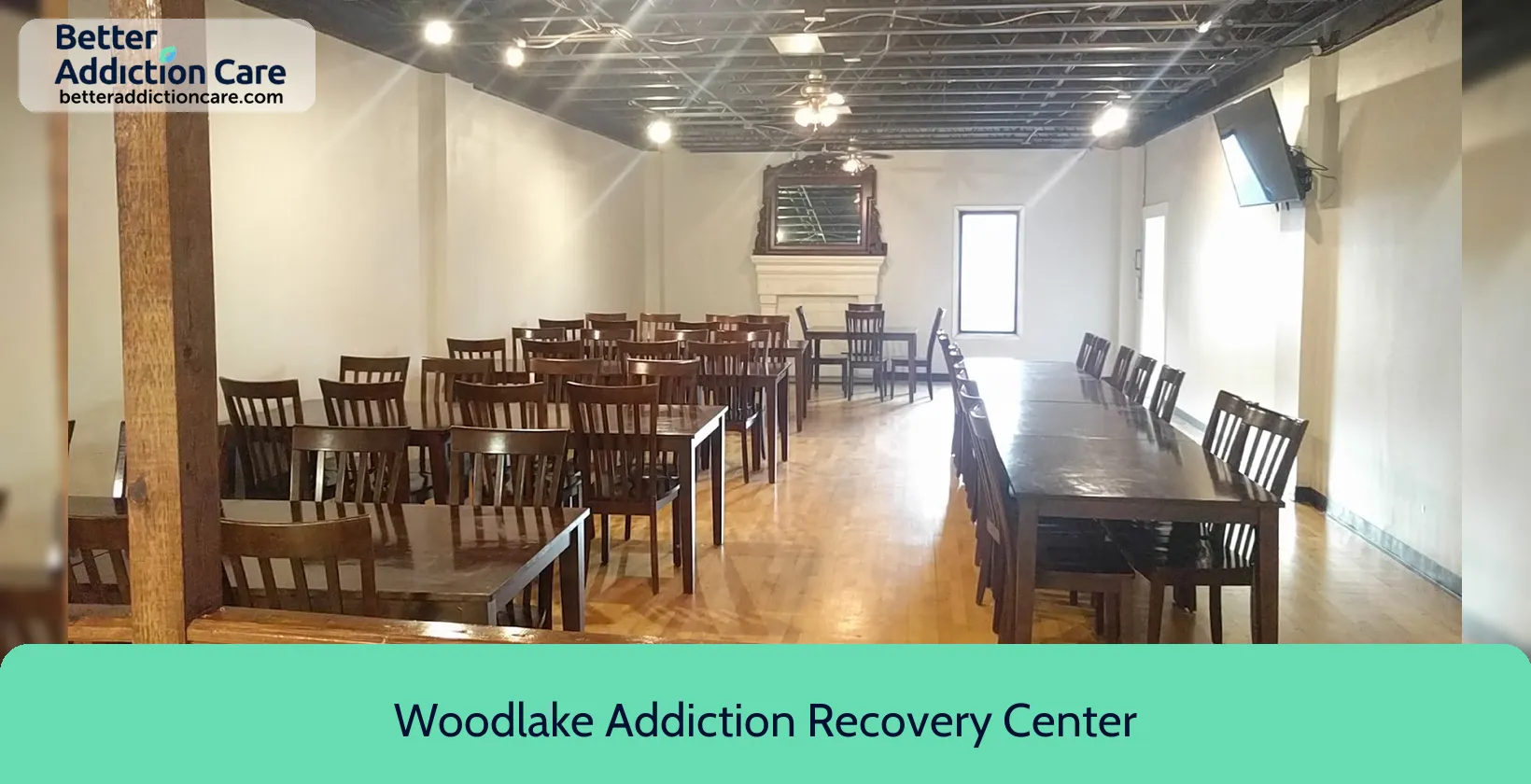
7.11
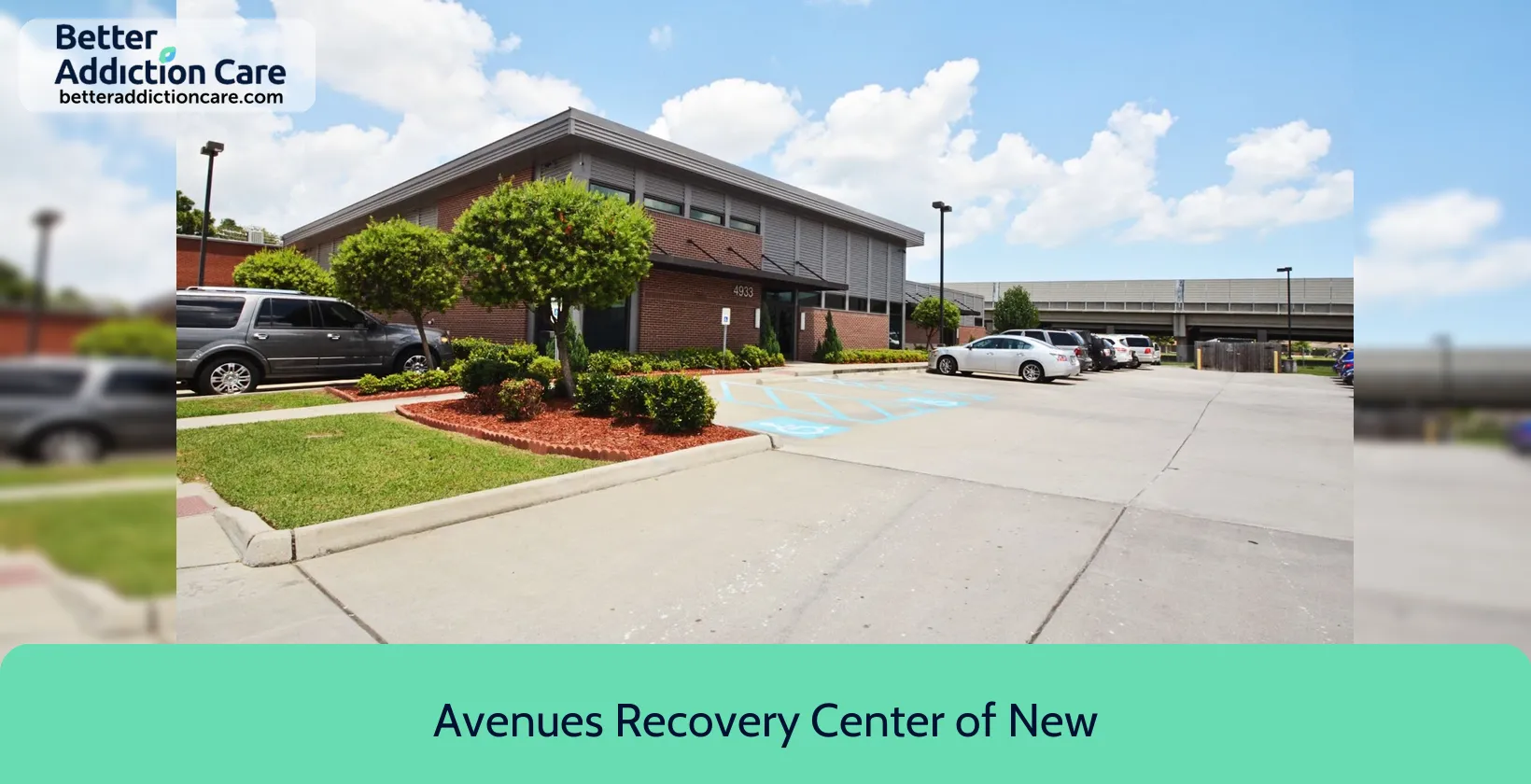
7.93

7.83
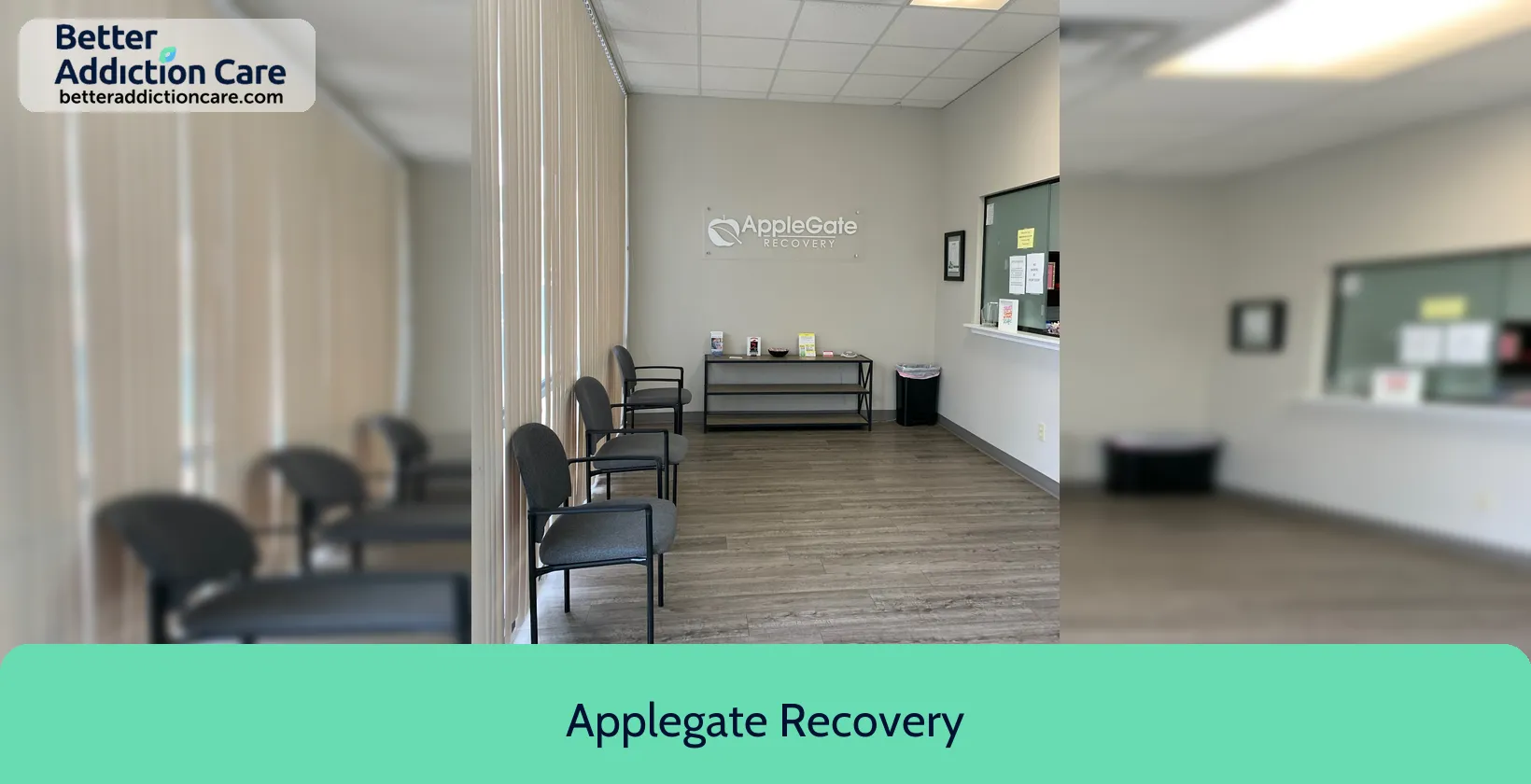
6.94
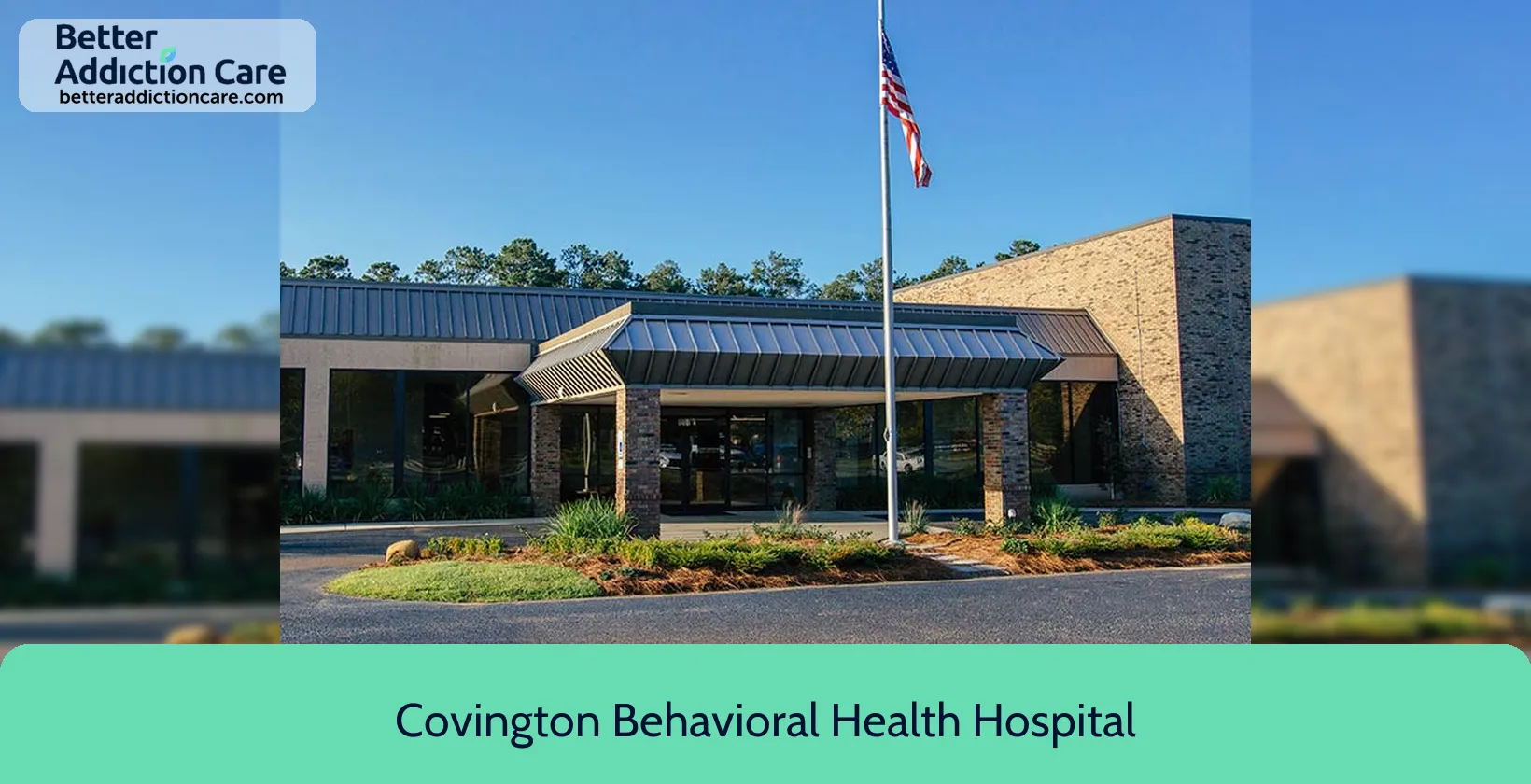
6.88
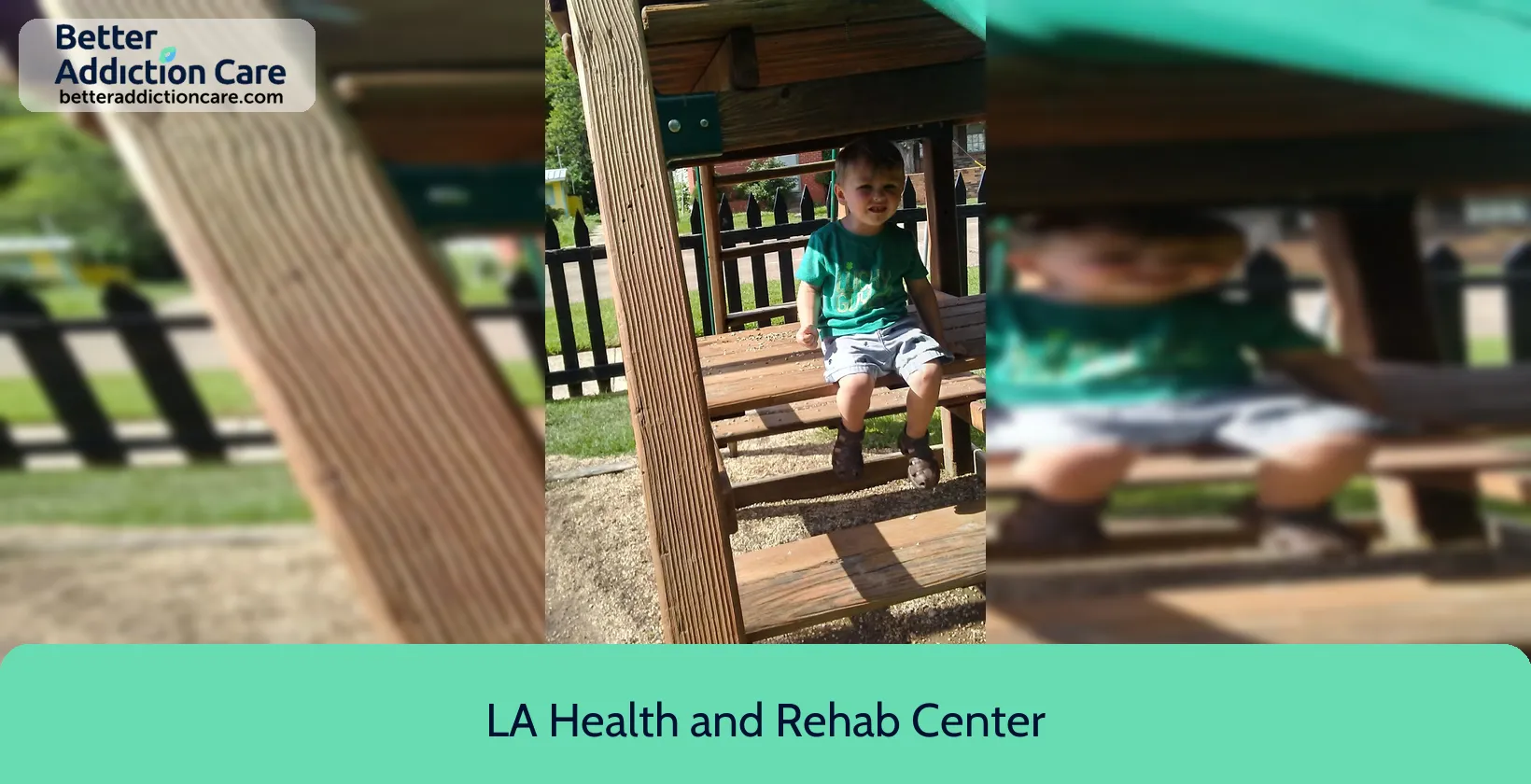
6.88
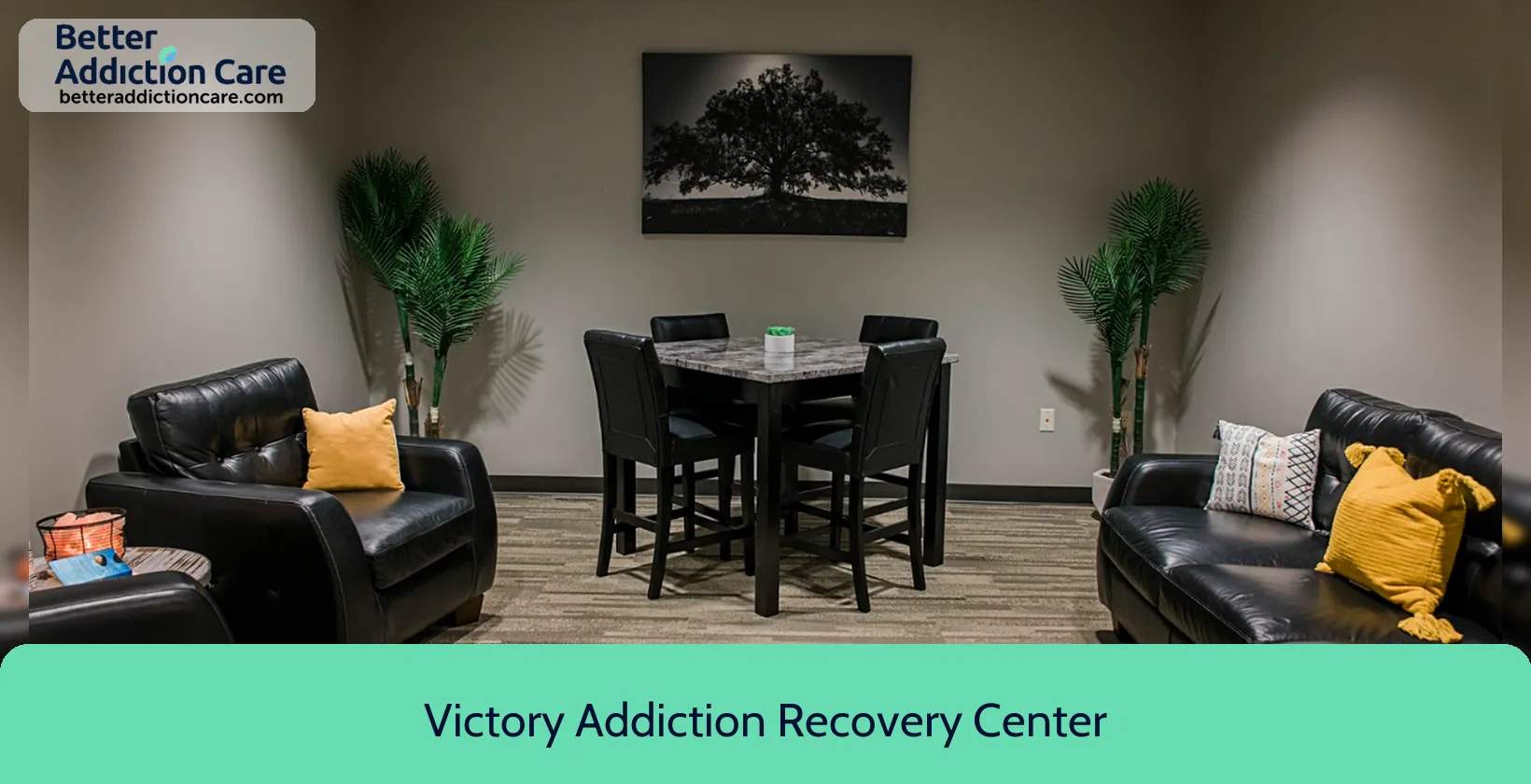
7.13
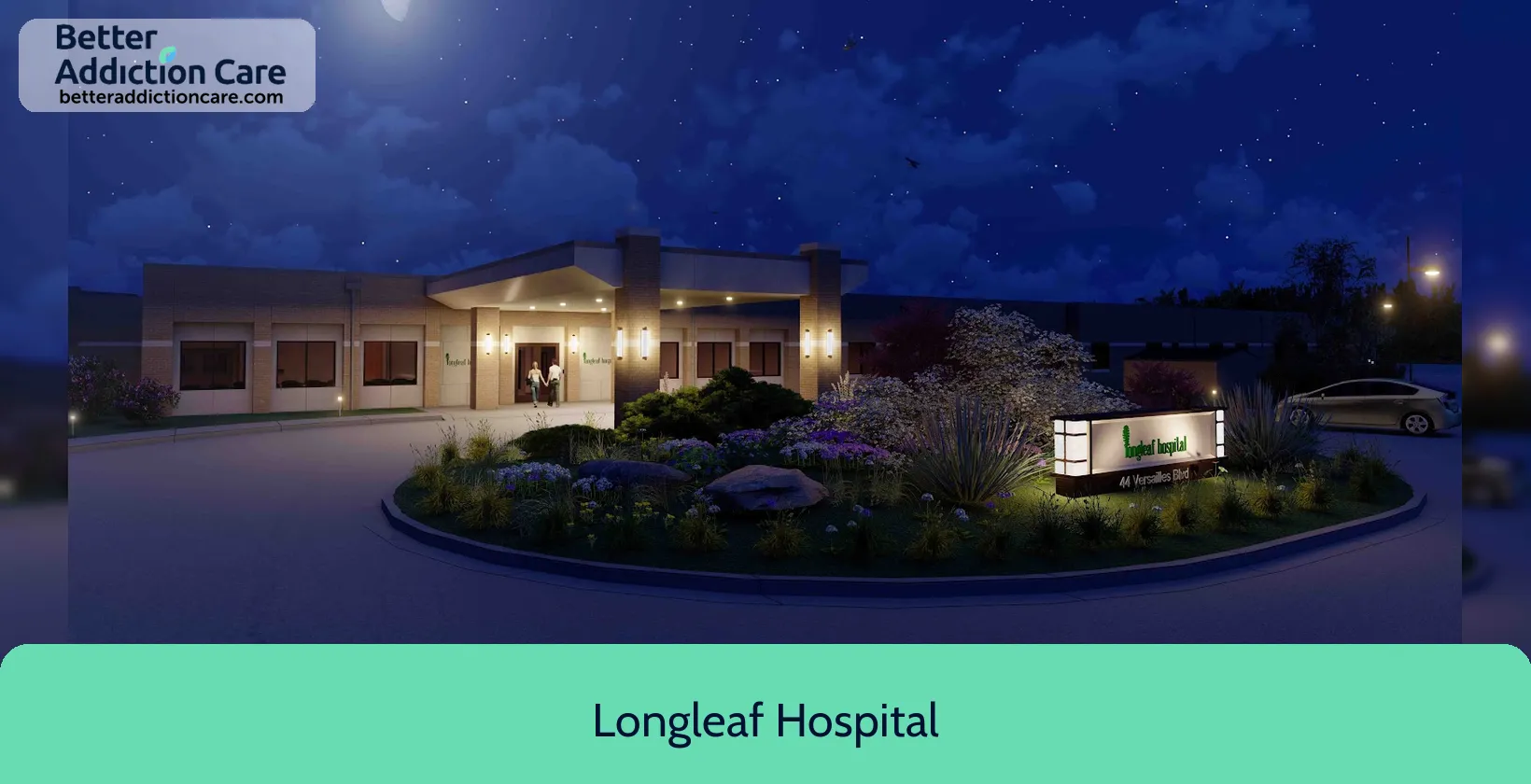
7.37
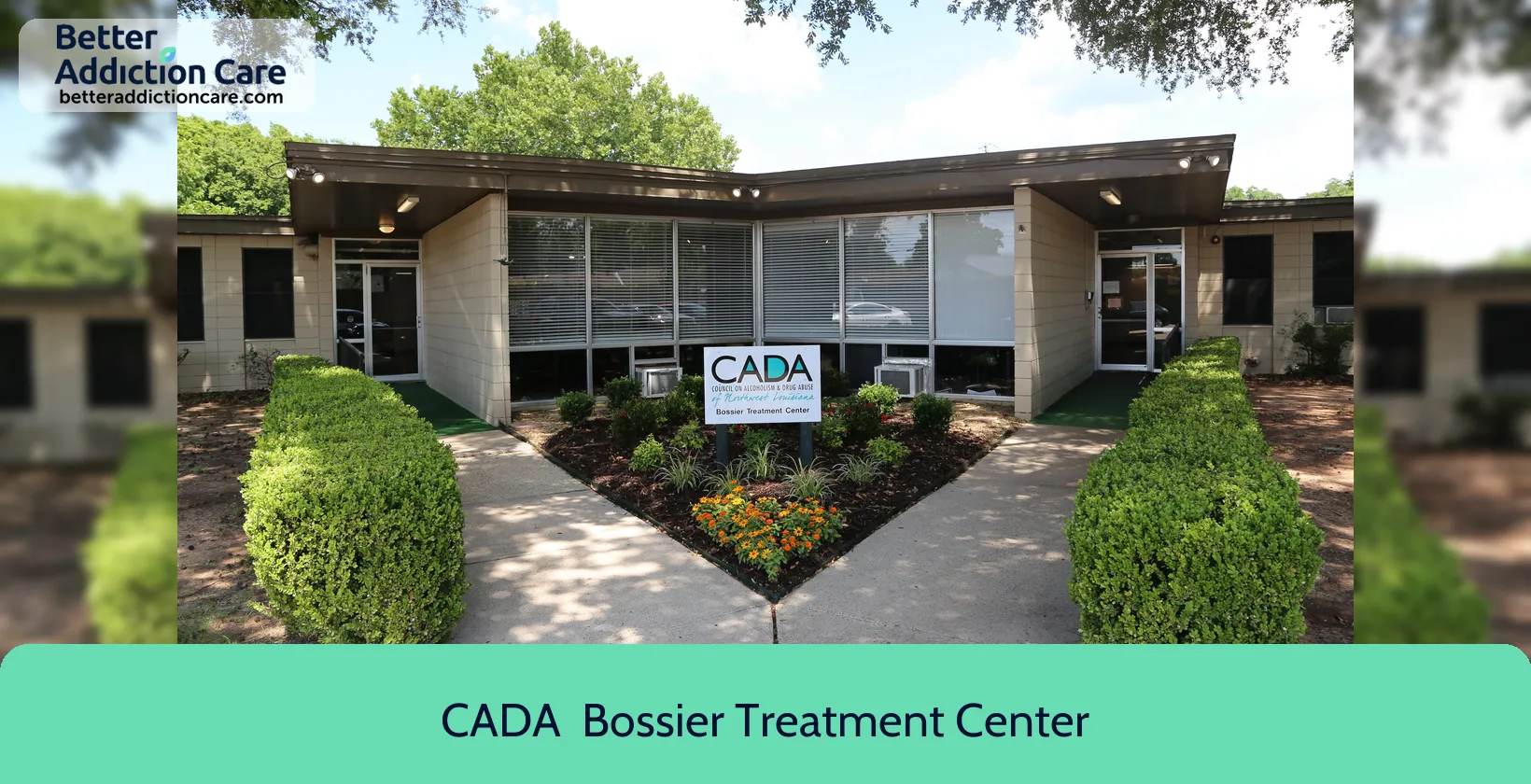
7.10
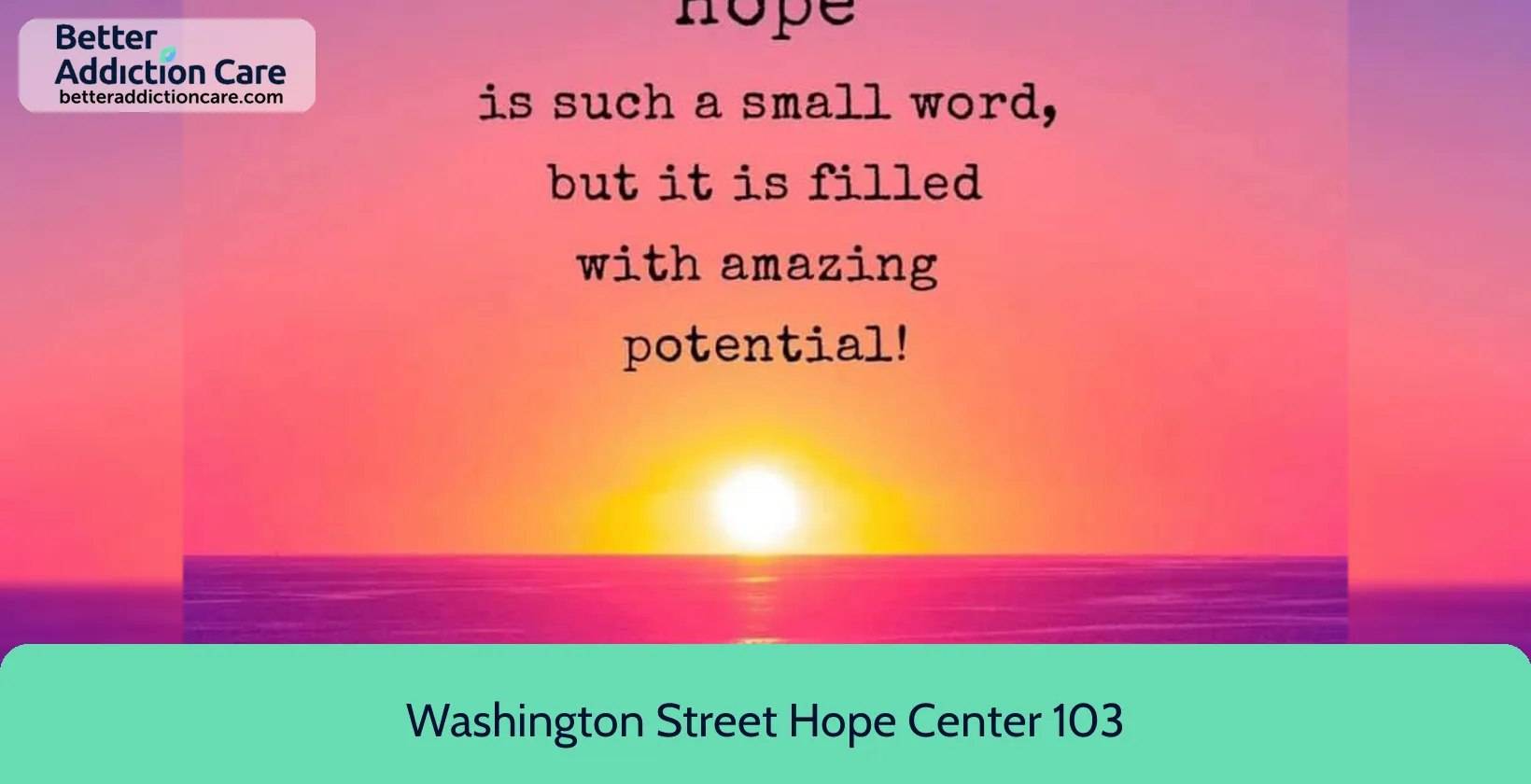
6.83
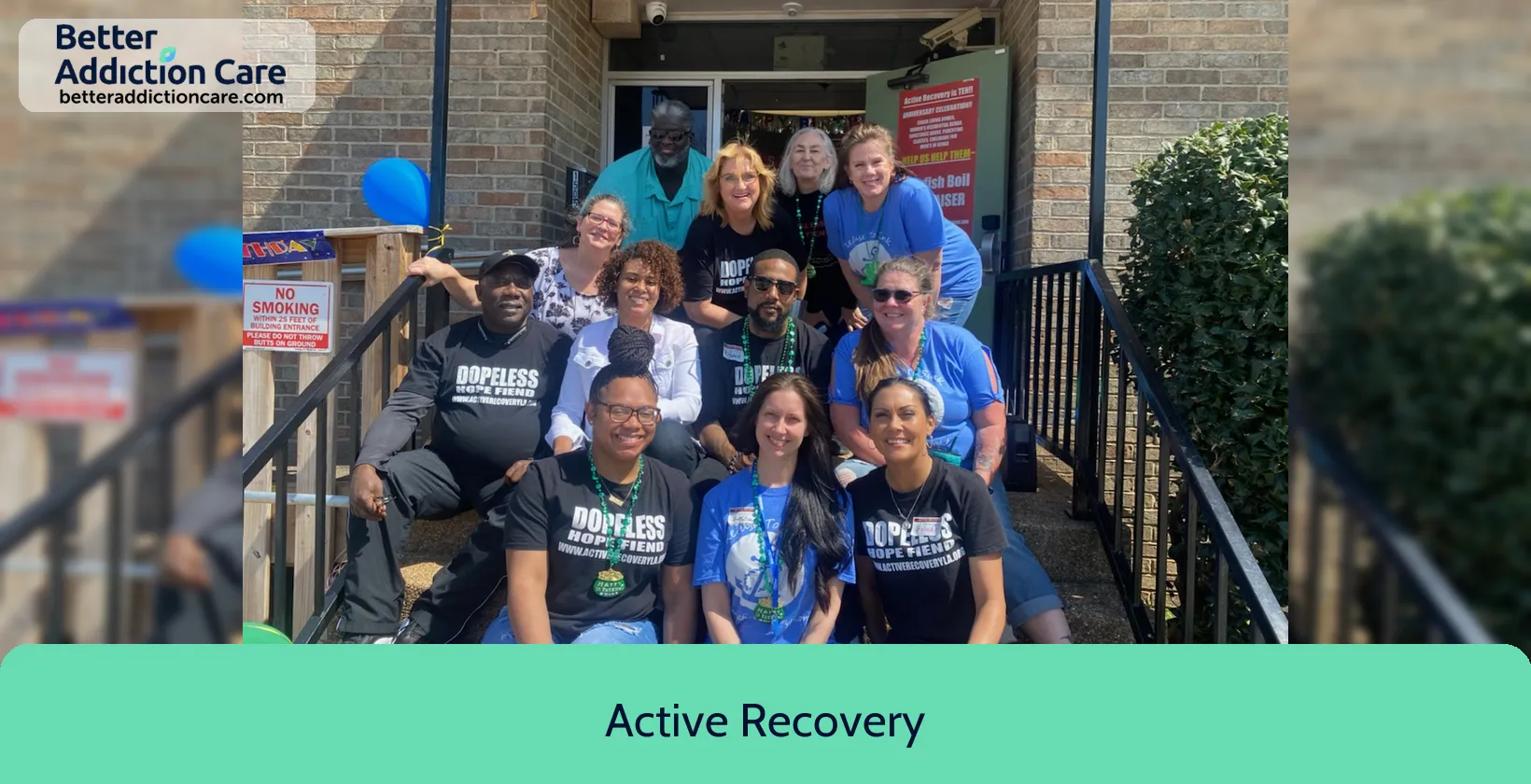
7.10
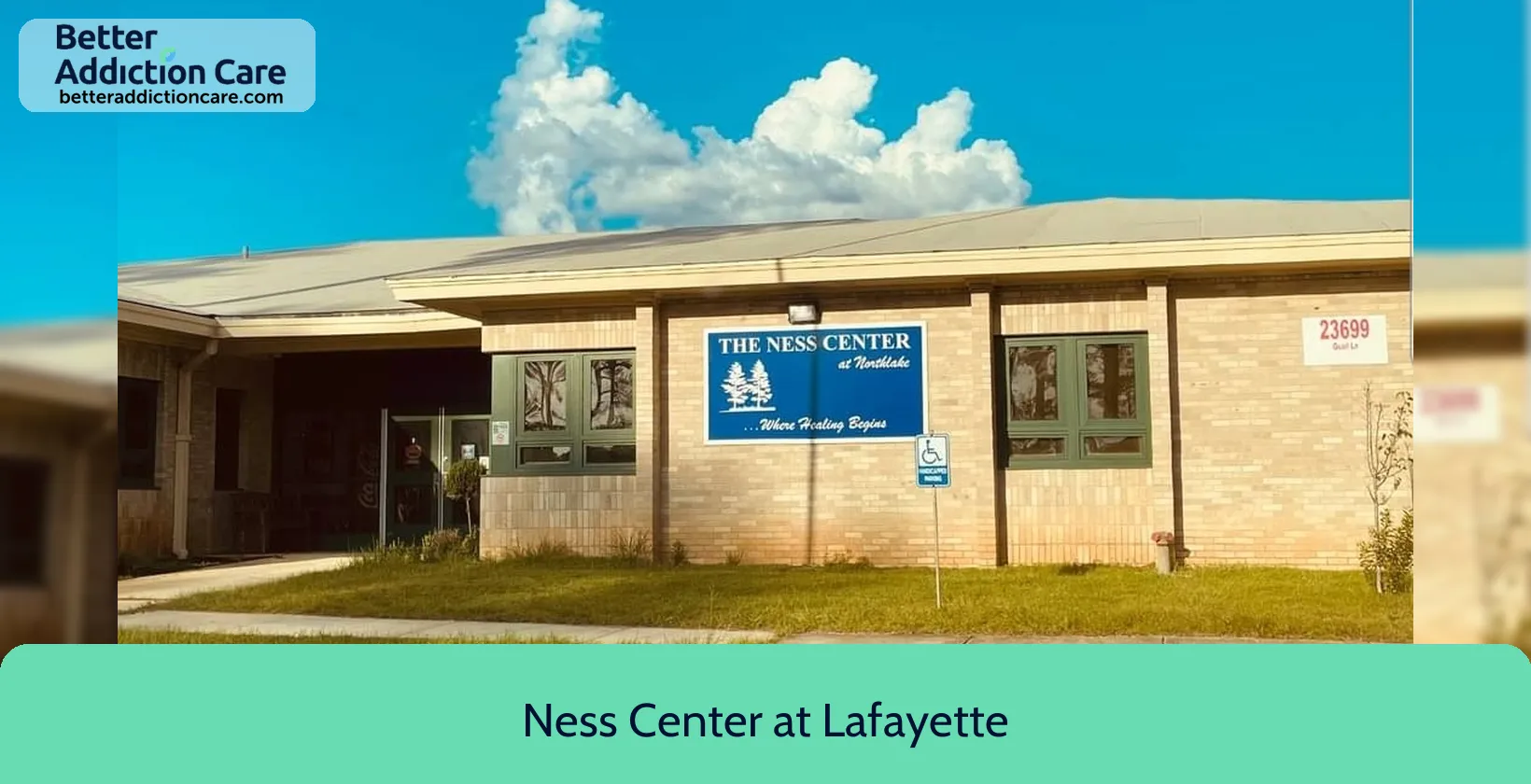
7.58
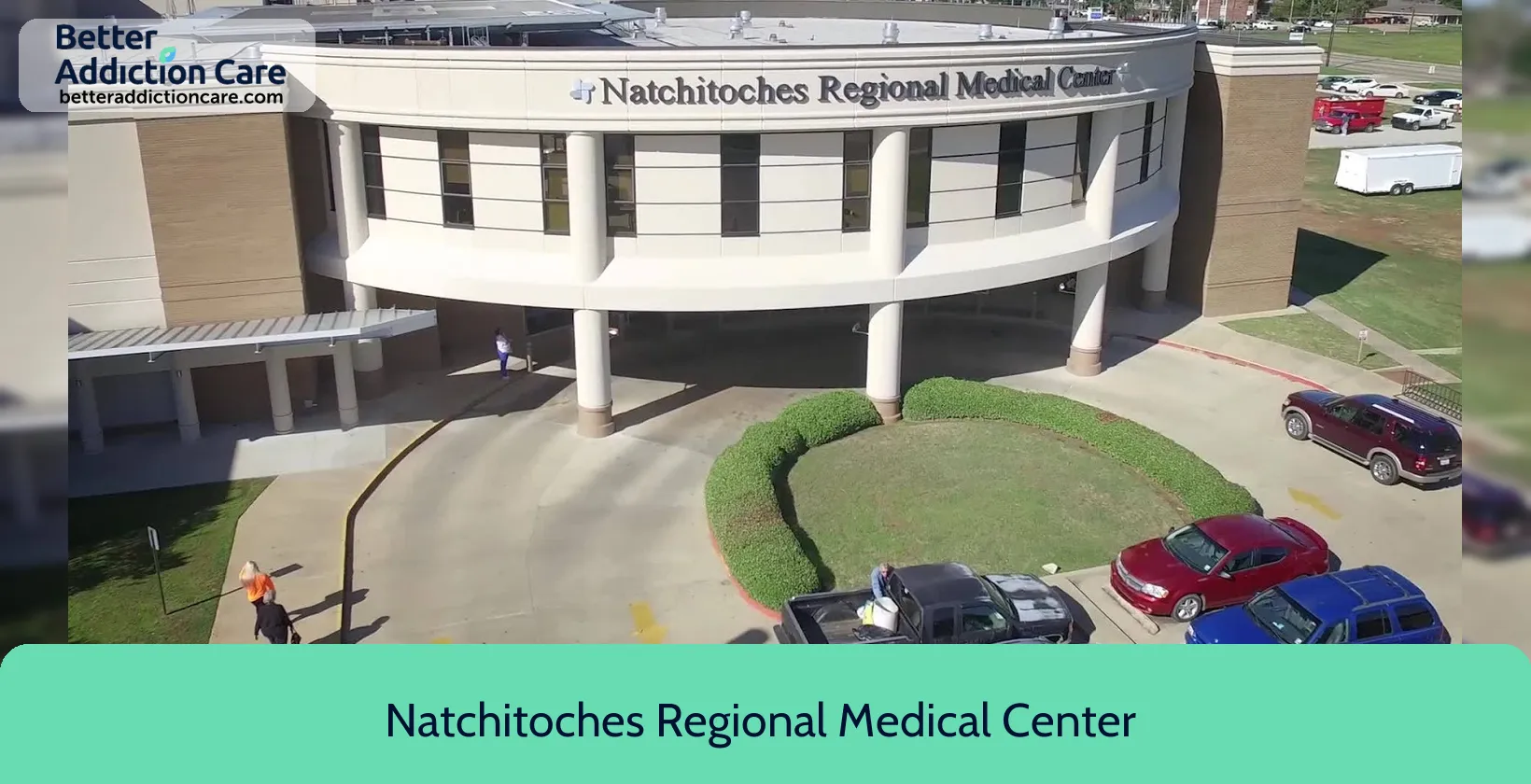
6.77
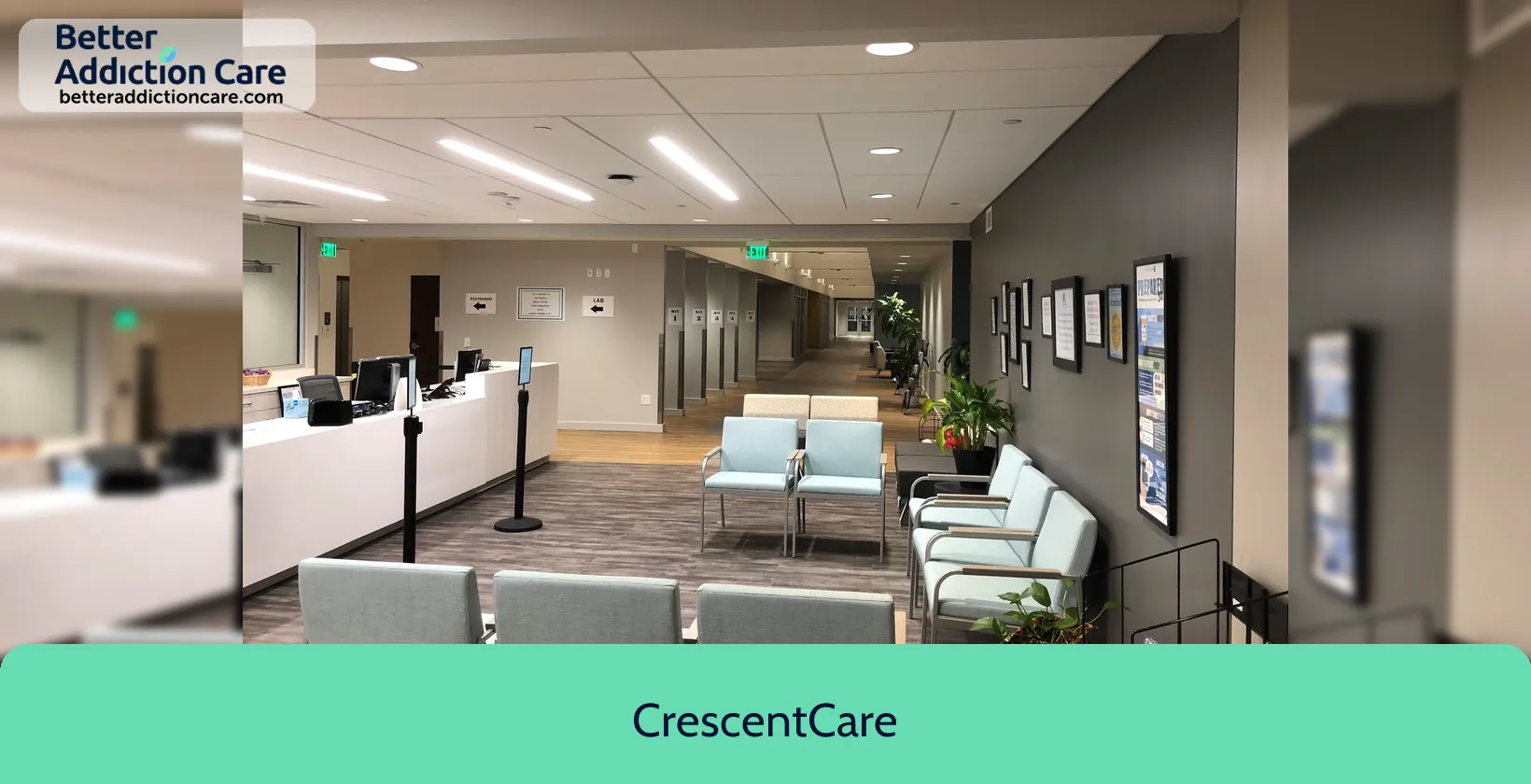
7.46
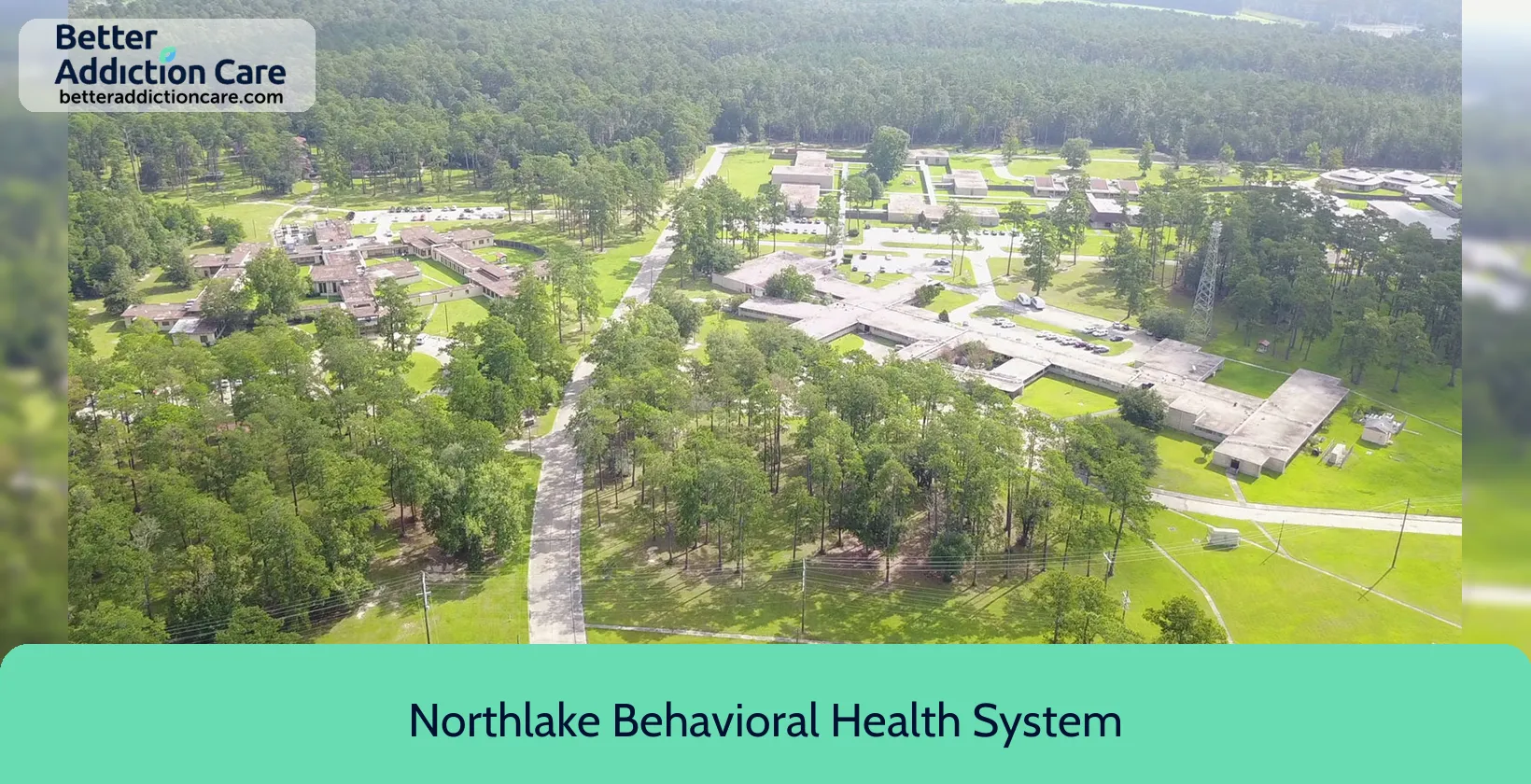
7.74
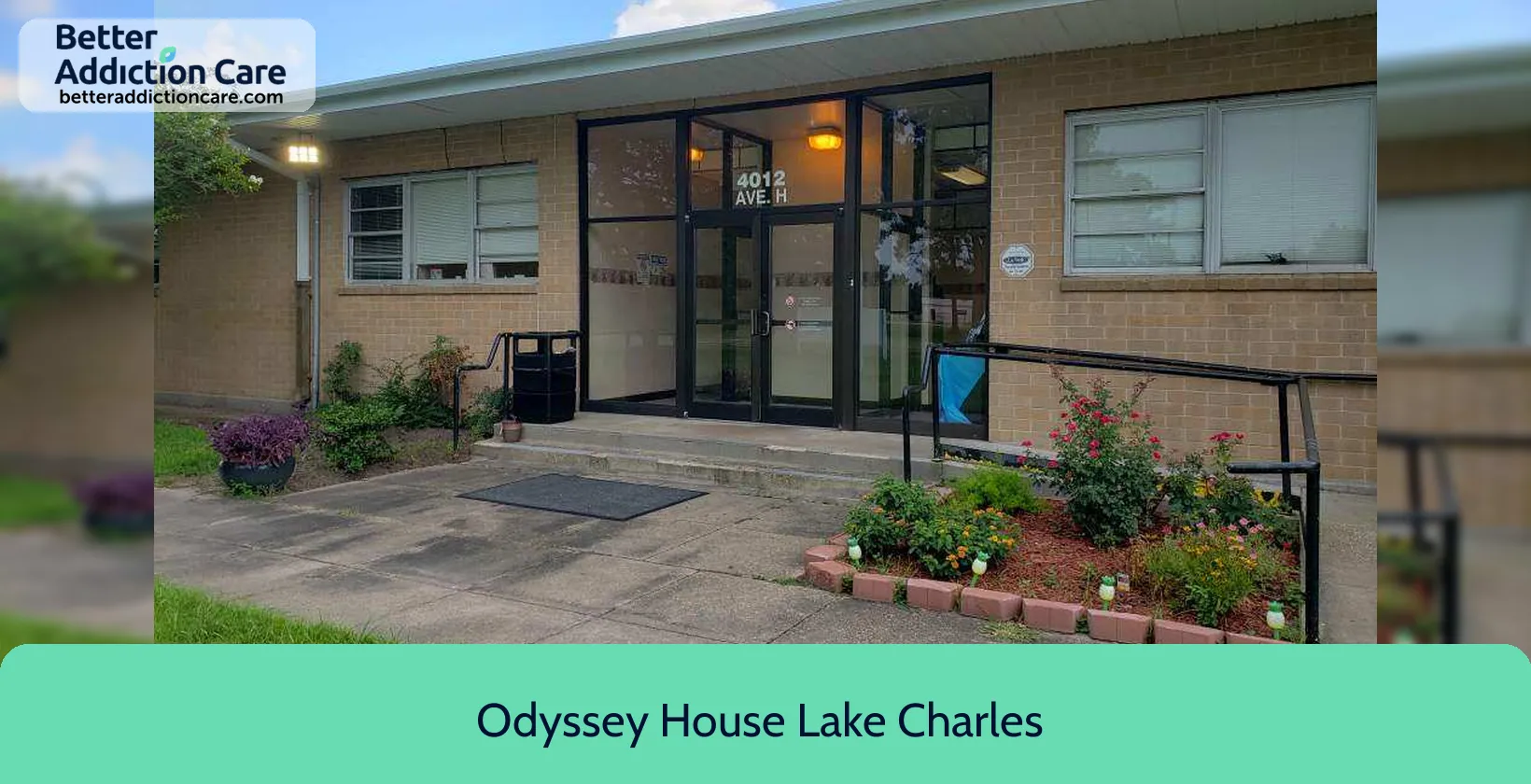
7.42
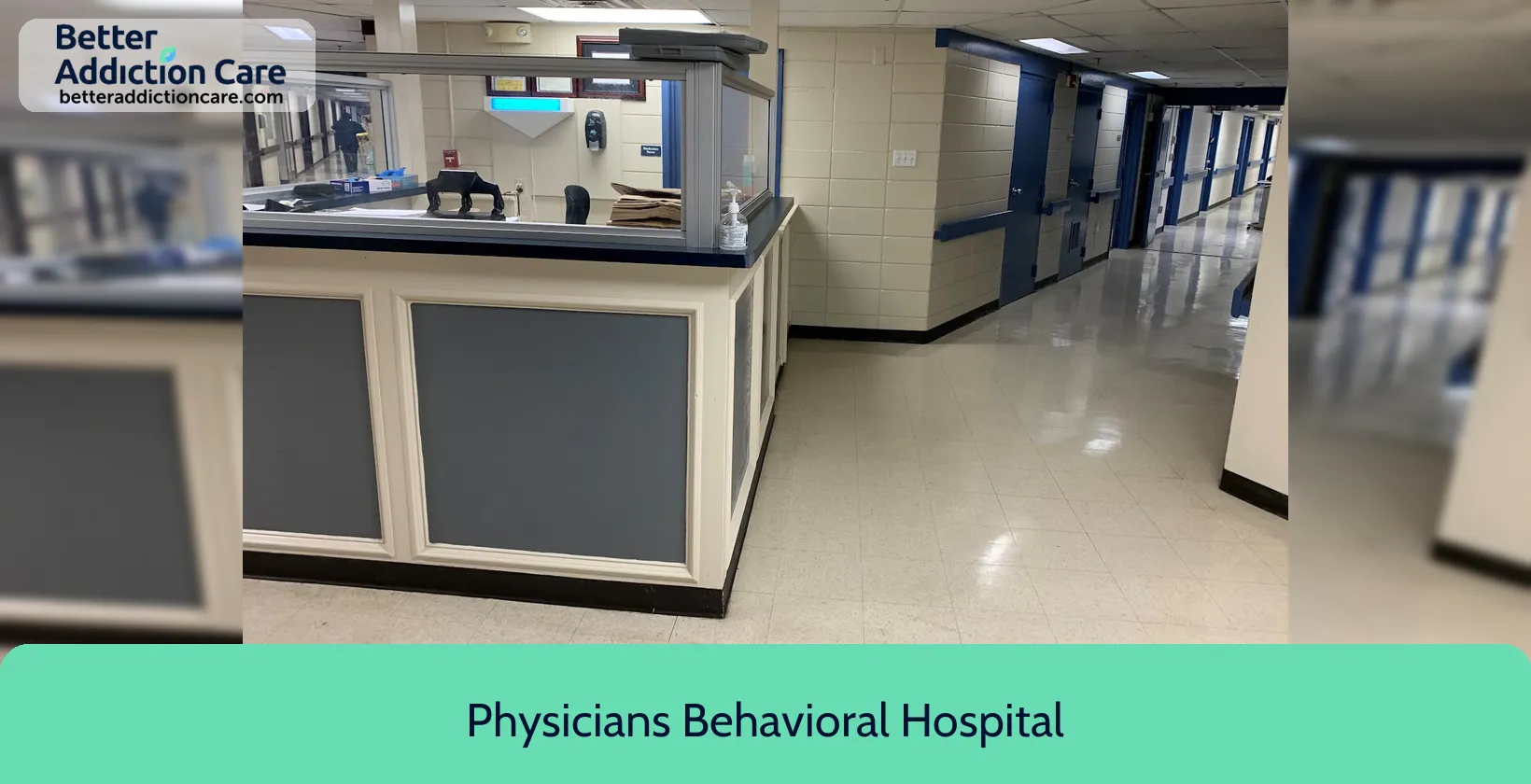
7.44
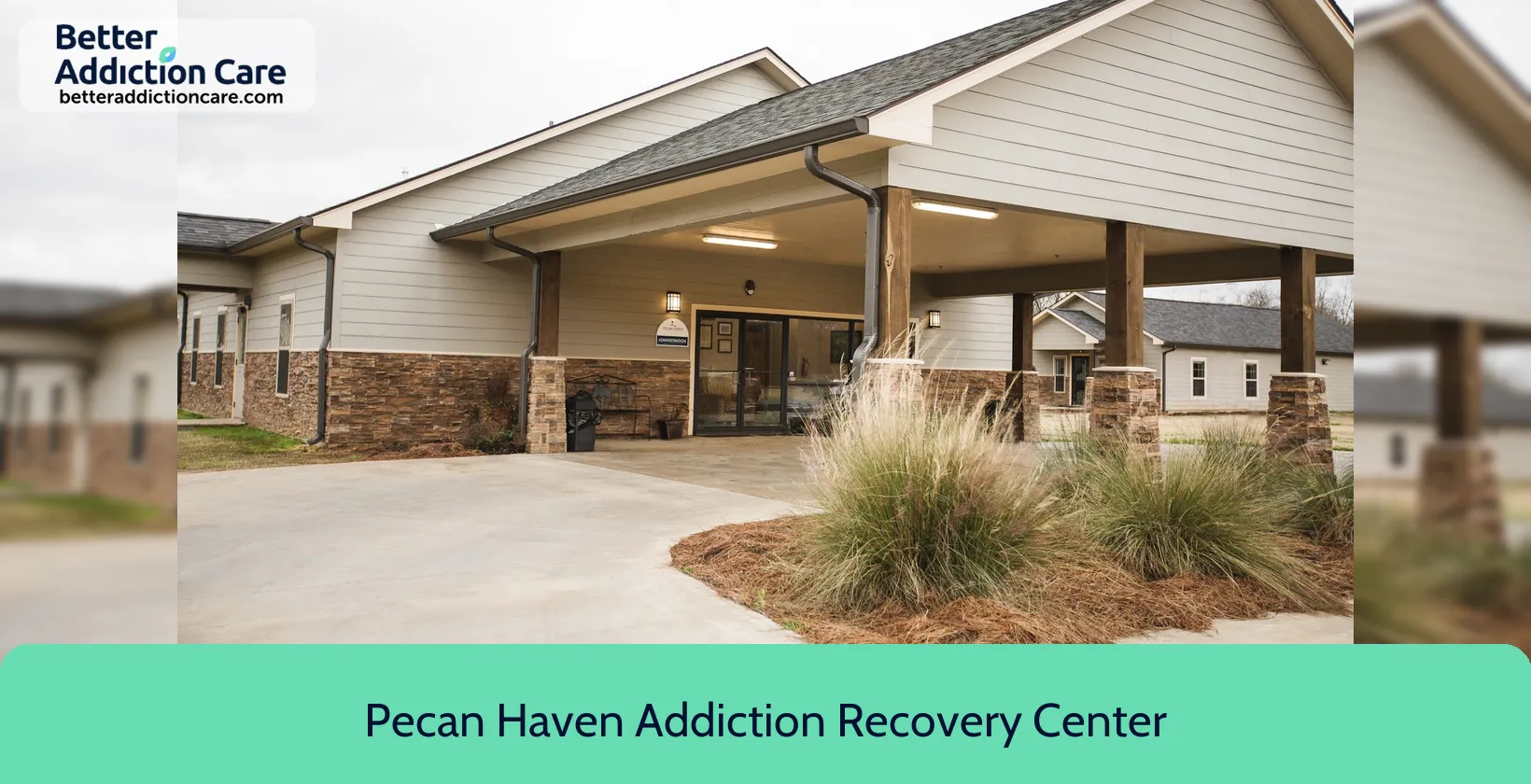
7.29
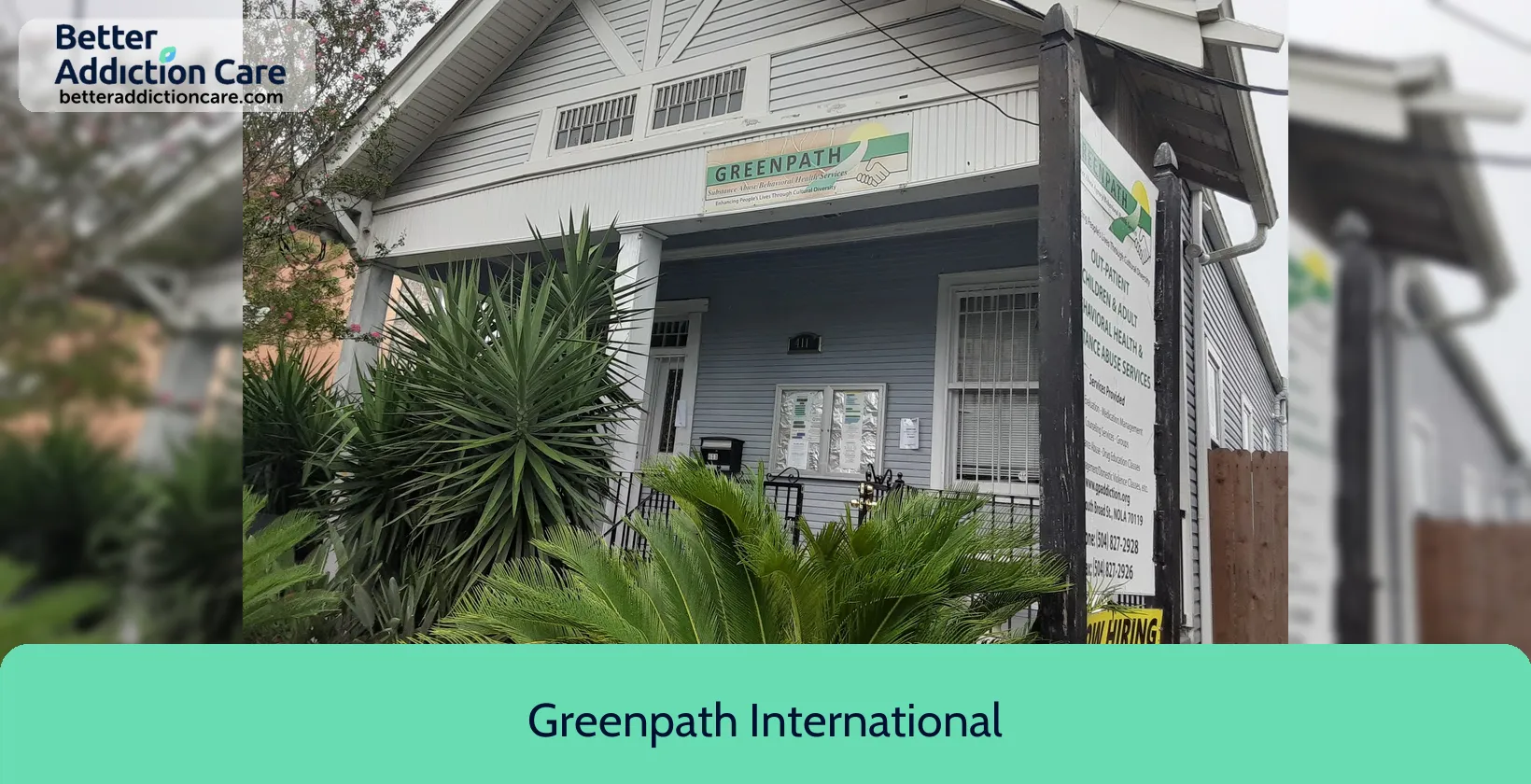
7.09
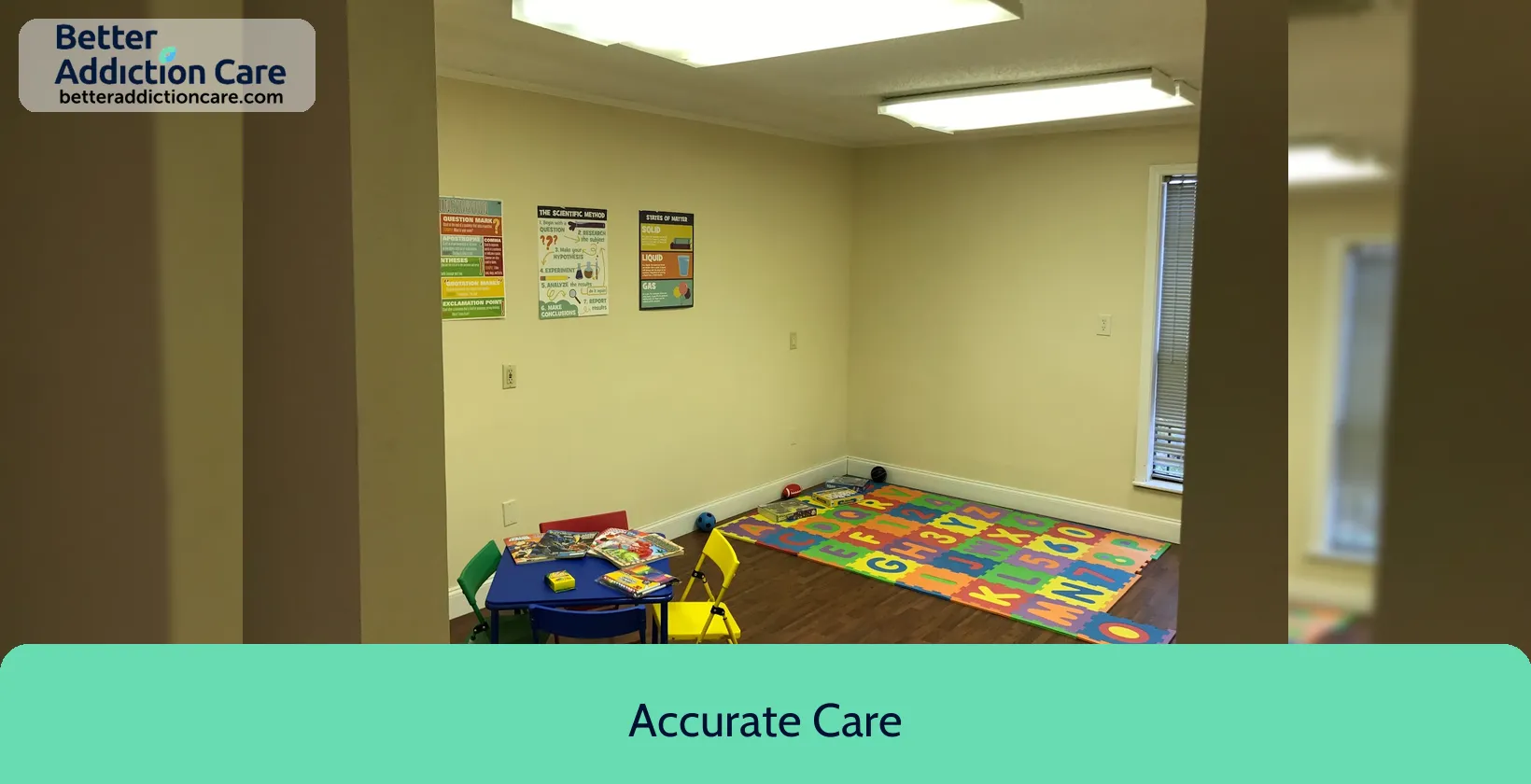
7.16
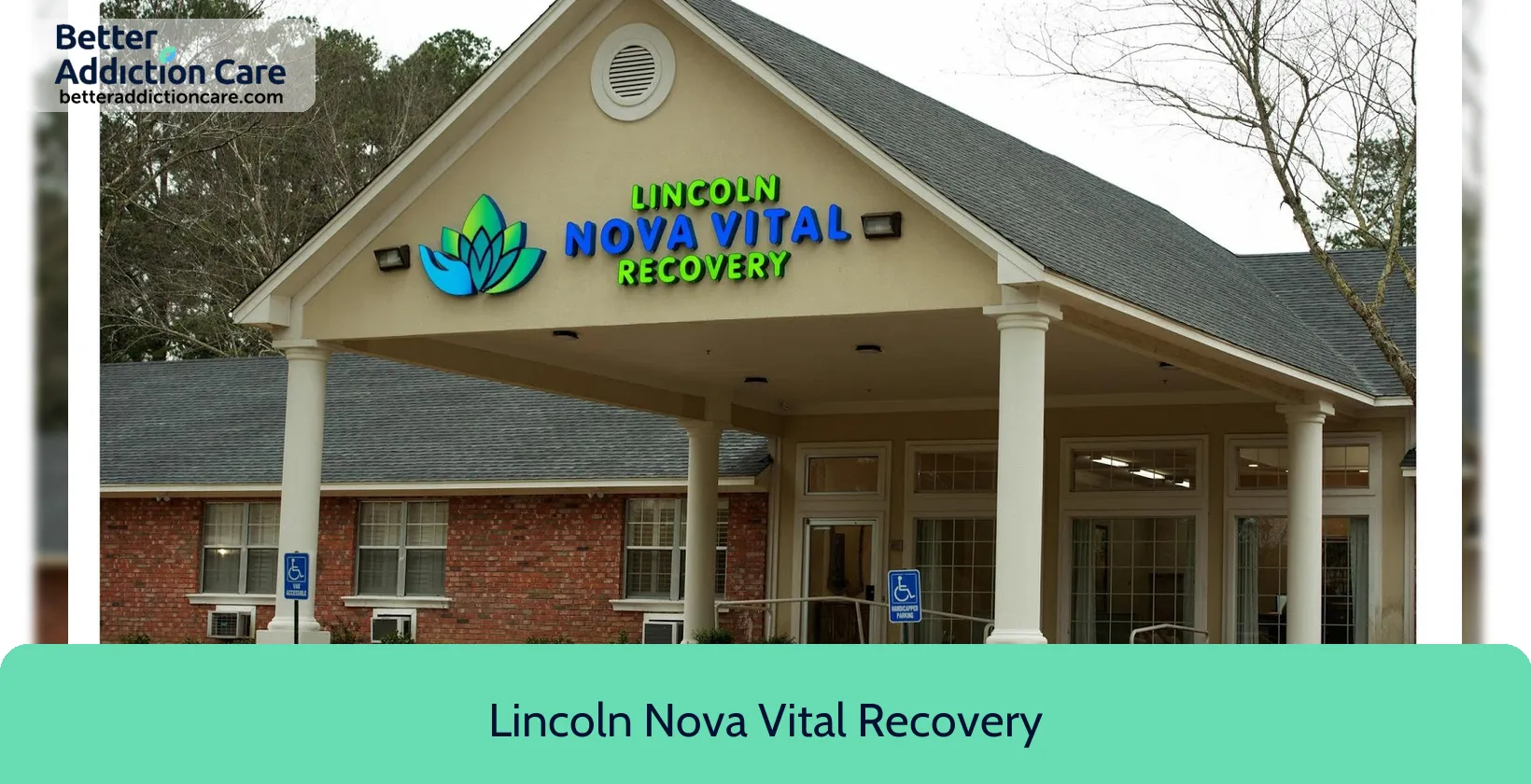
6.56
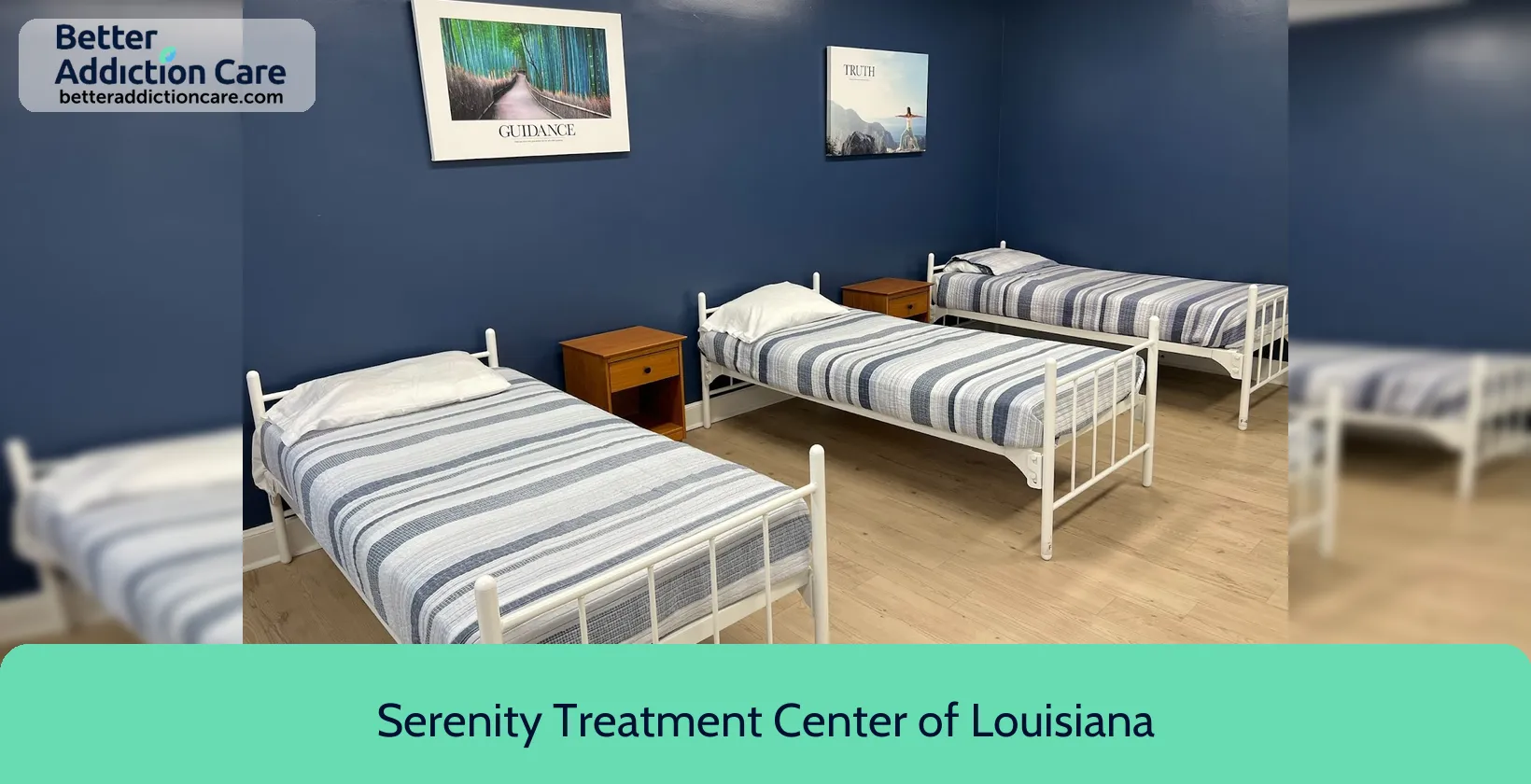
6.77
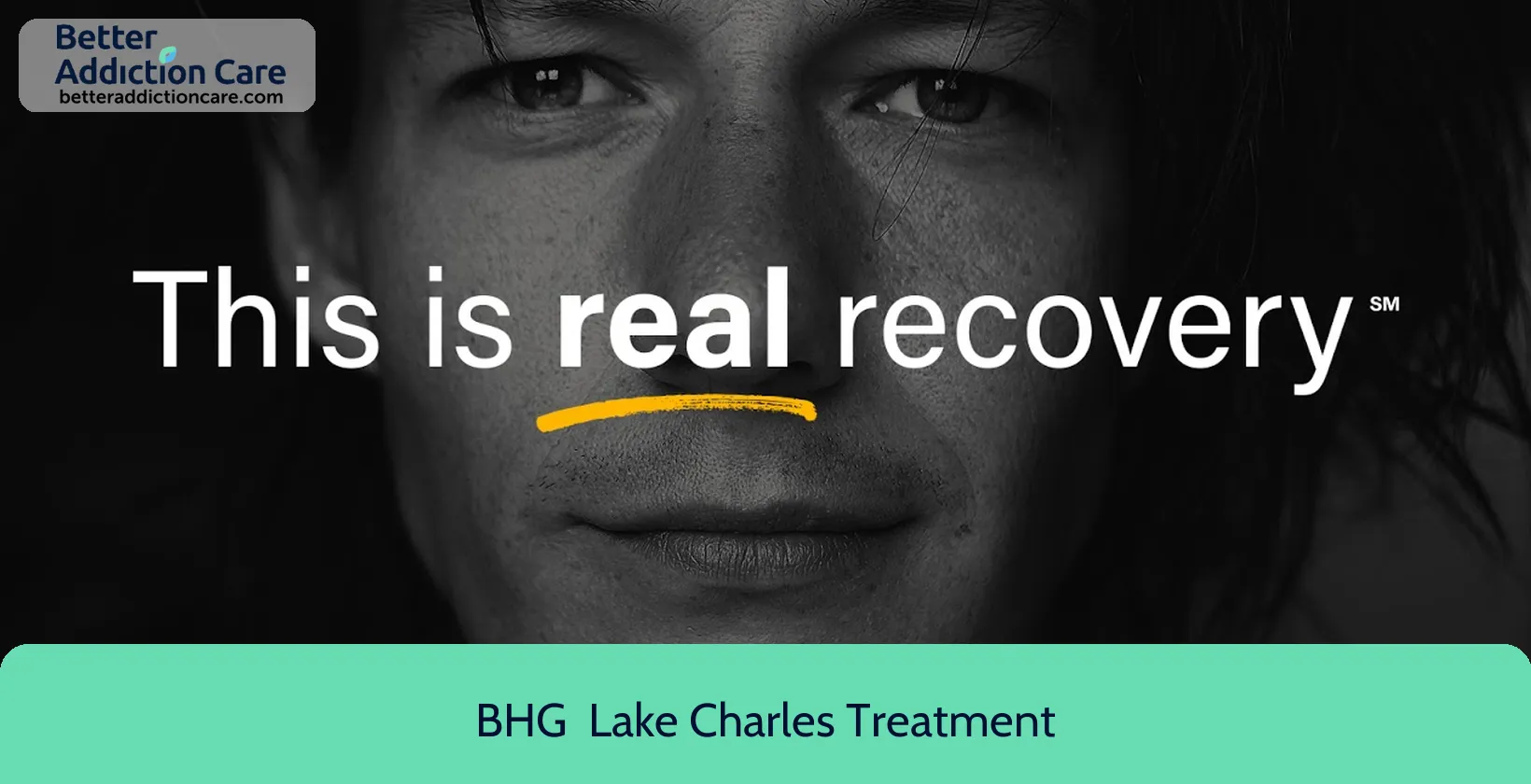
7.28
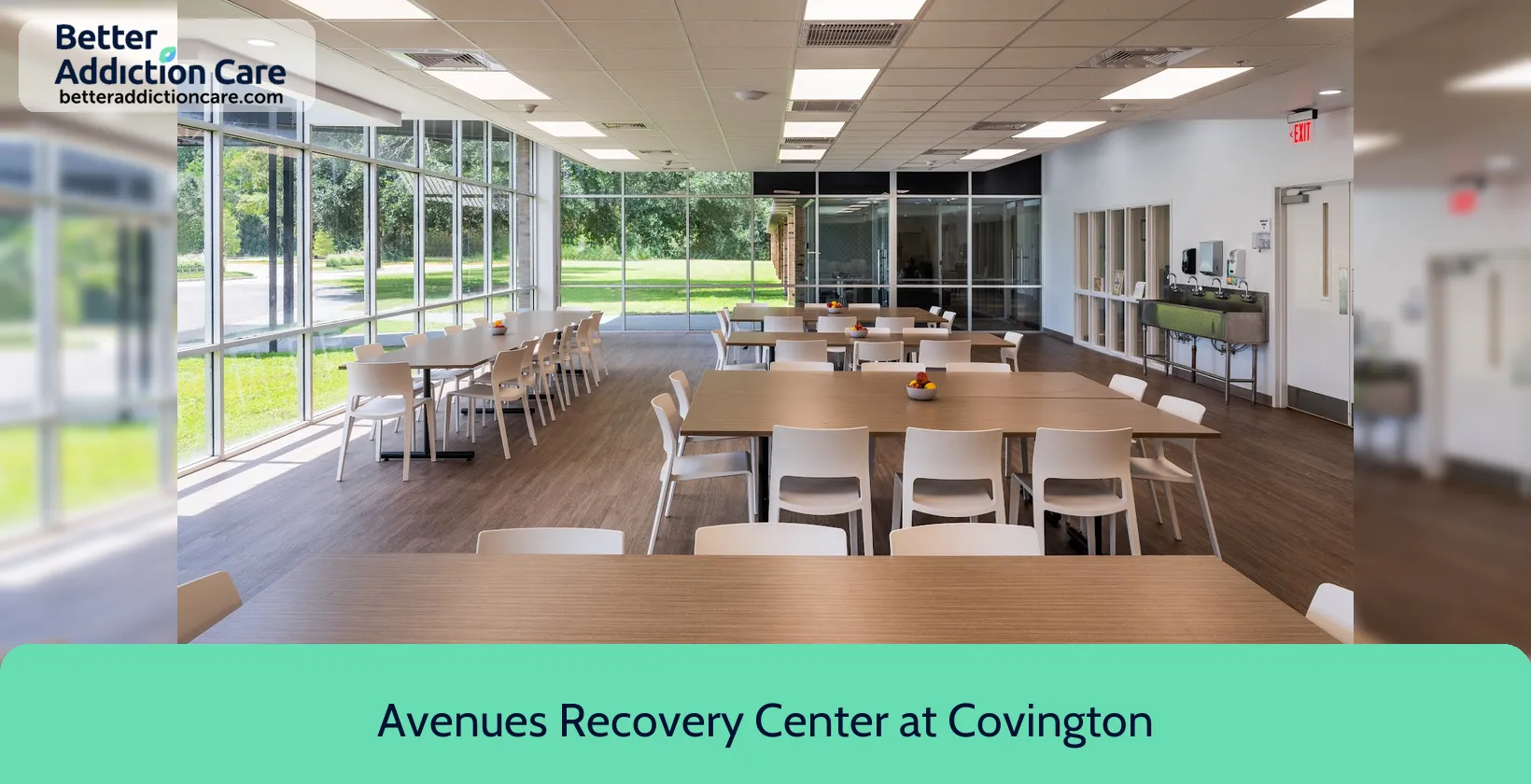
7.68
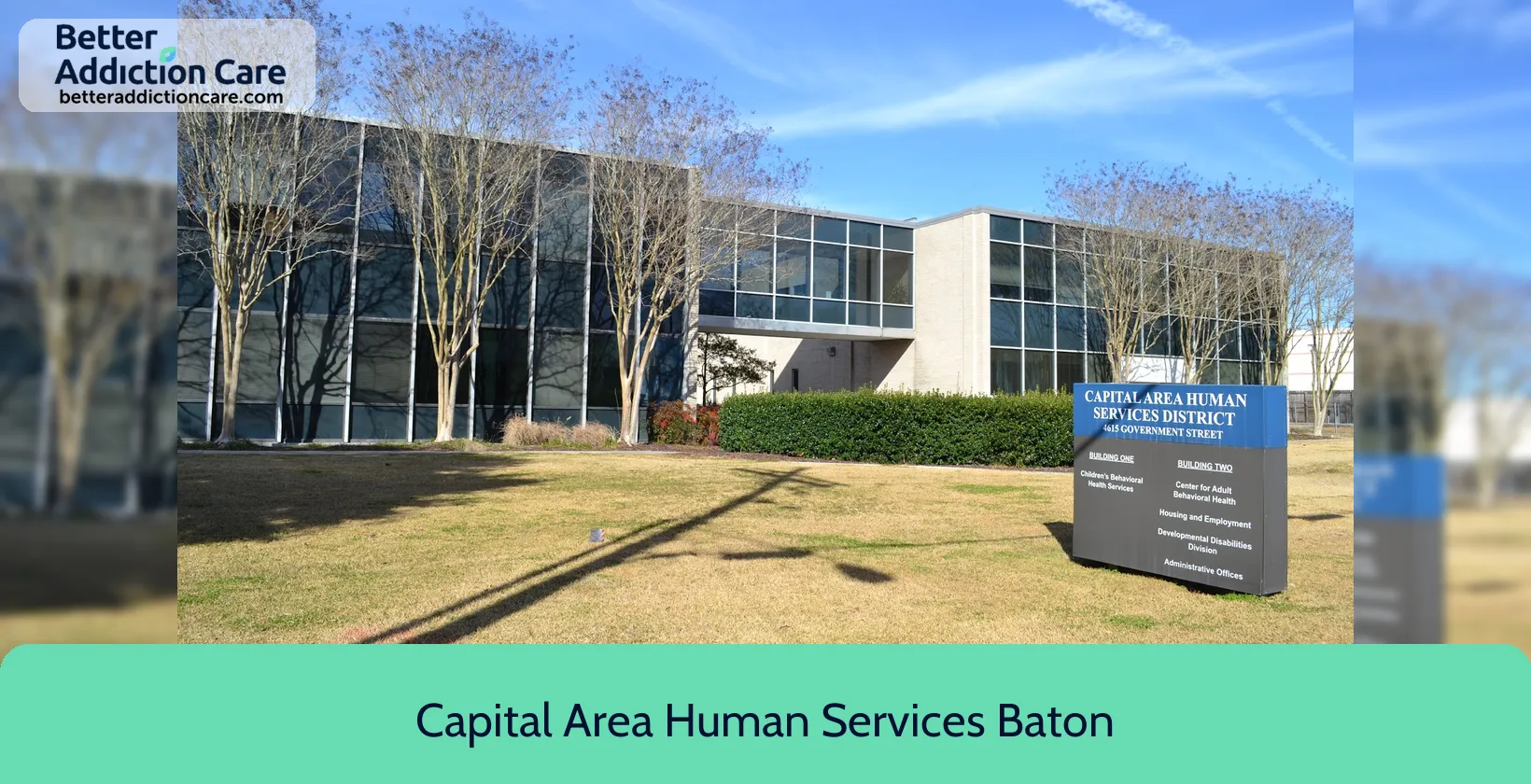
7.35
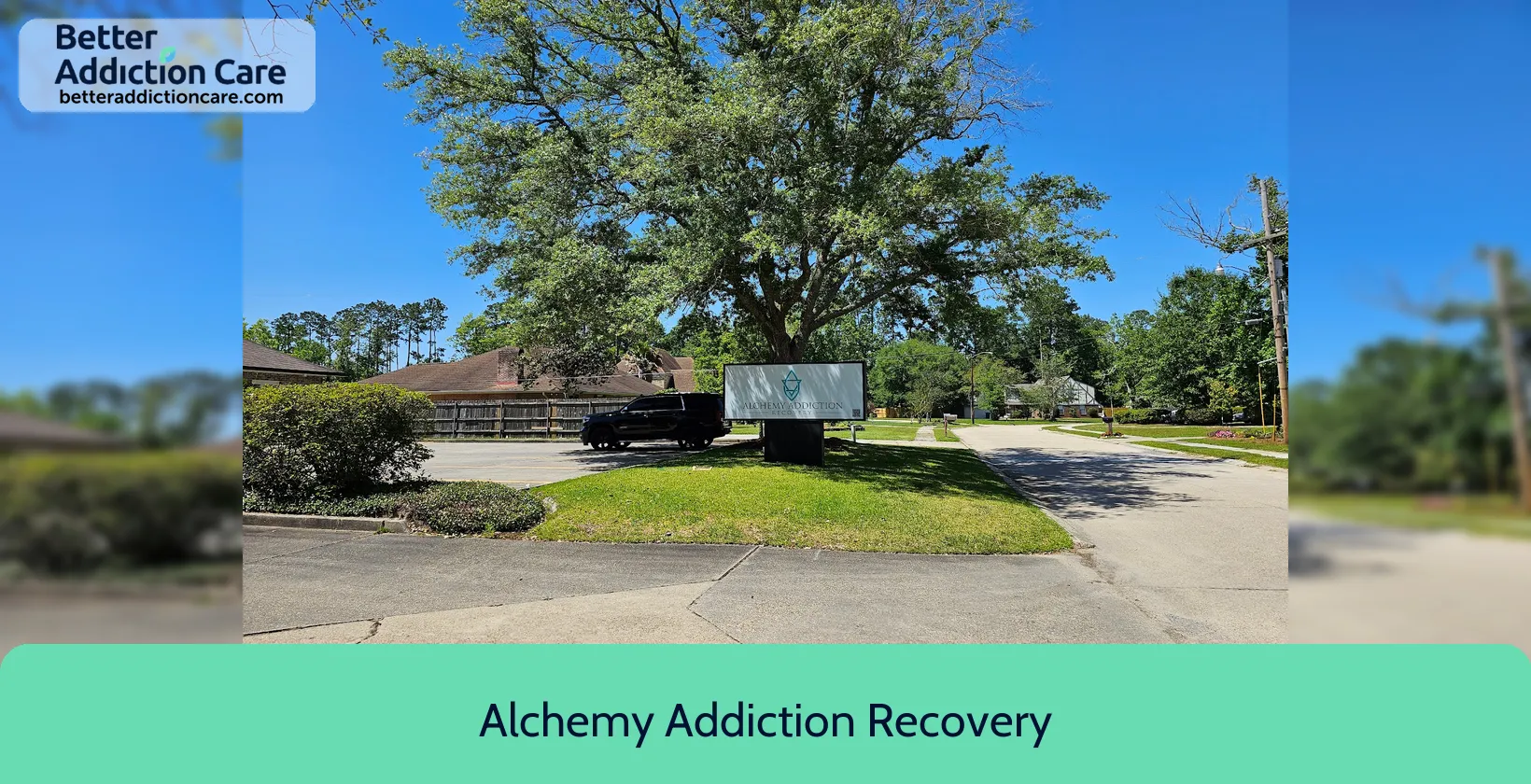
7.54
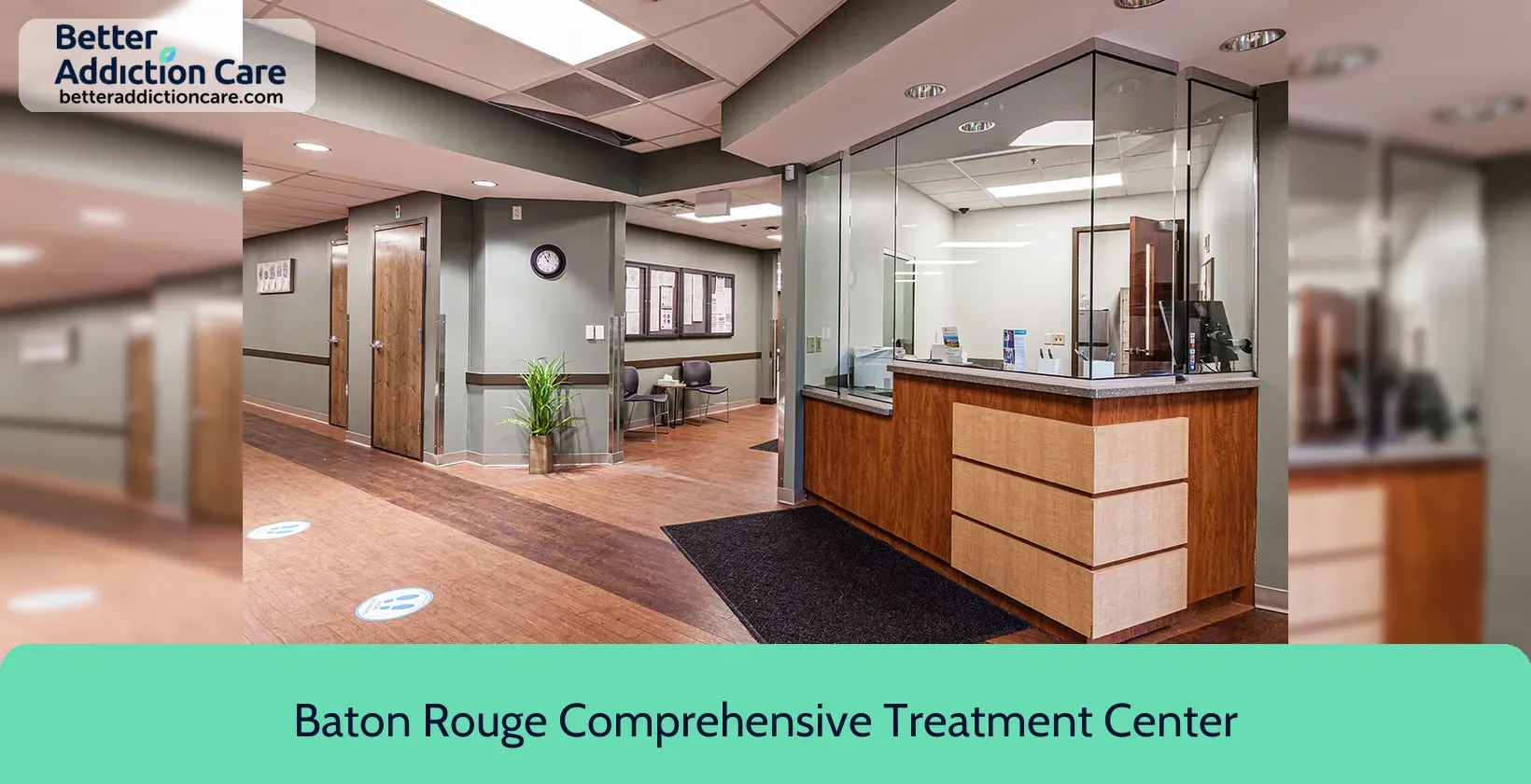
7.10
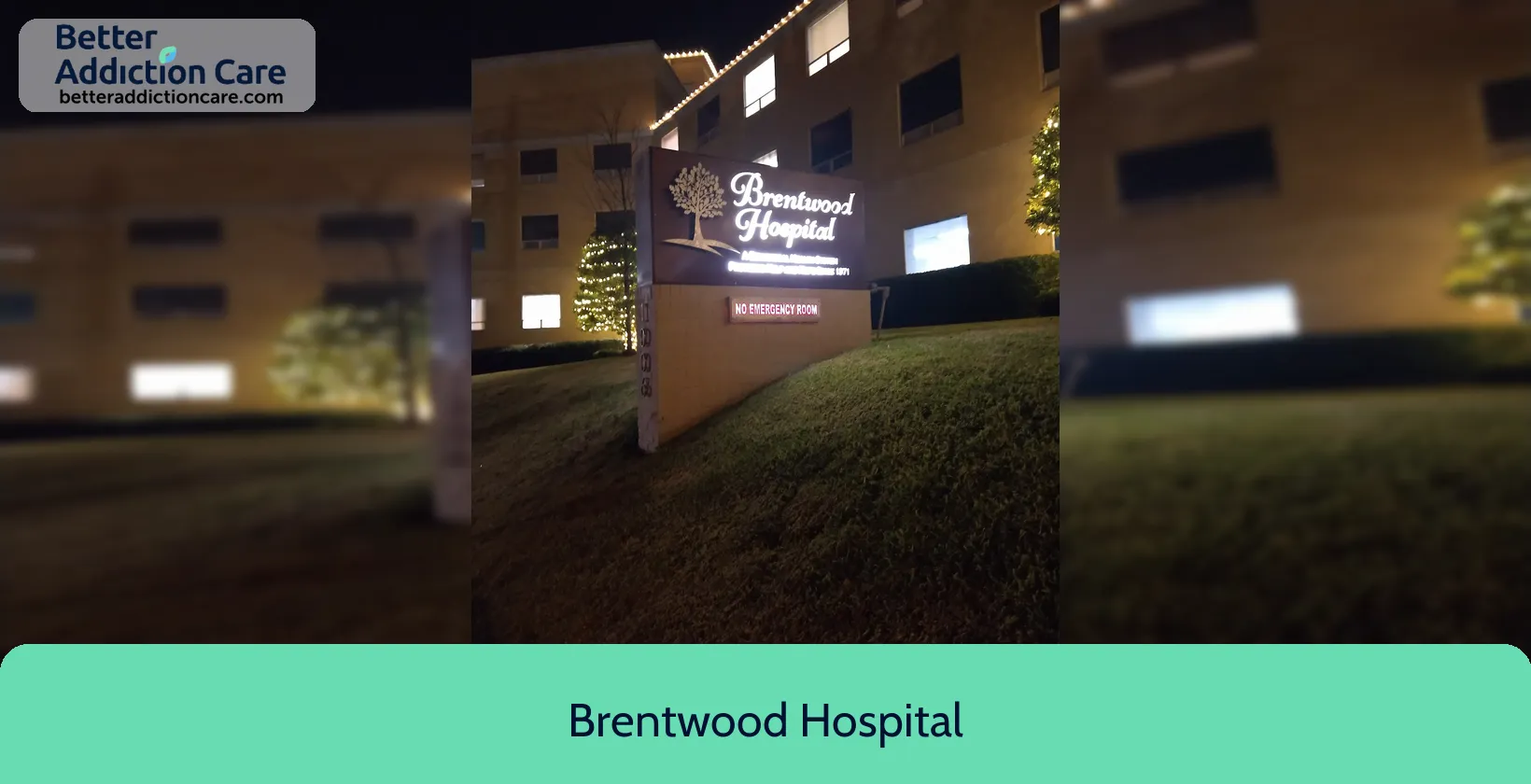
7.14
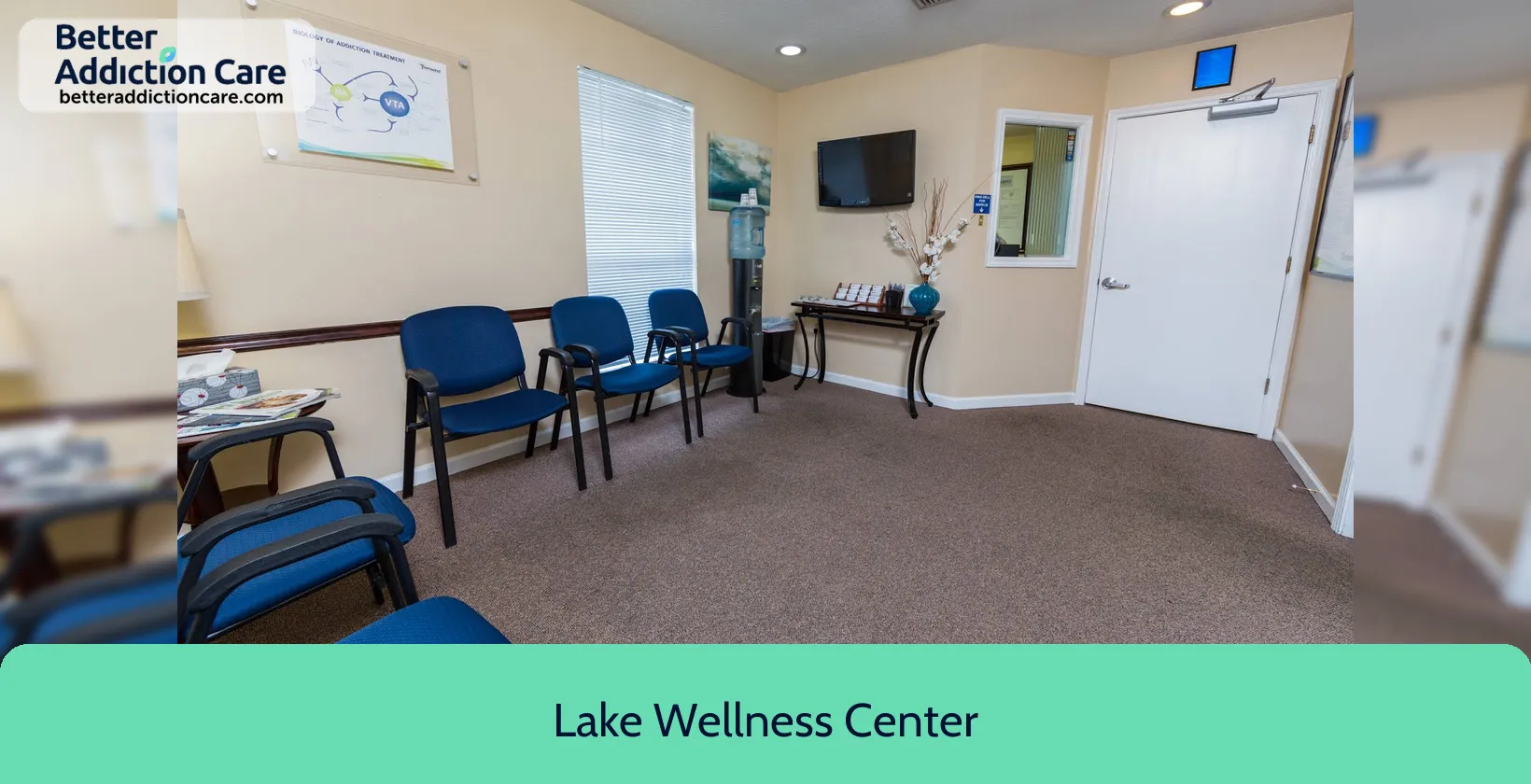
7.39
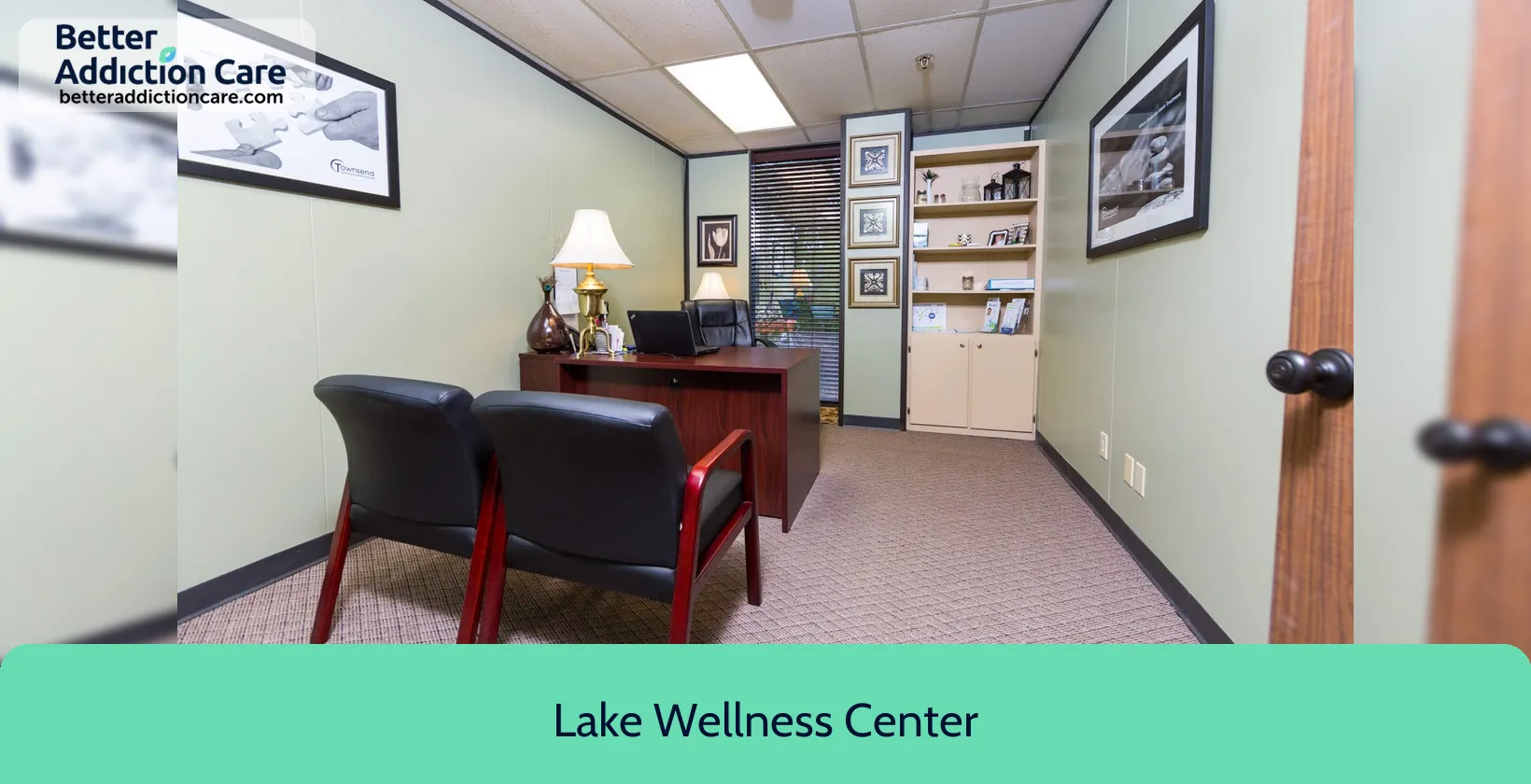
7.39
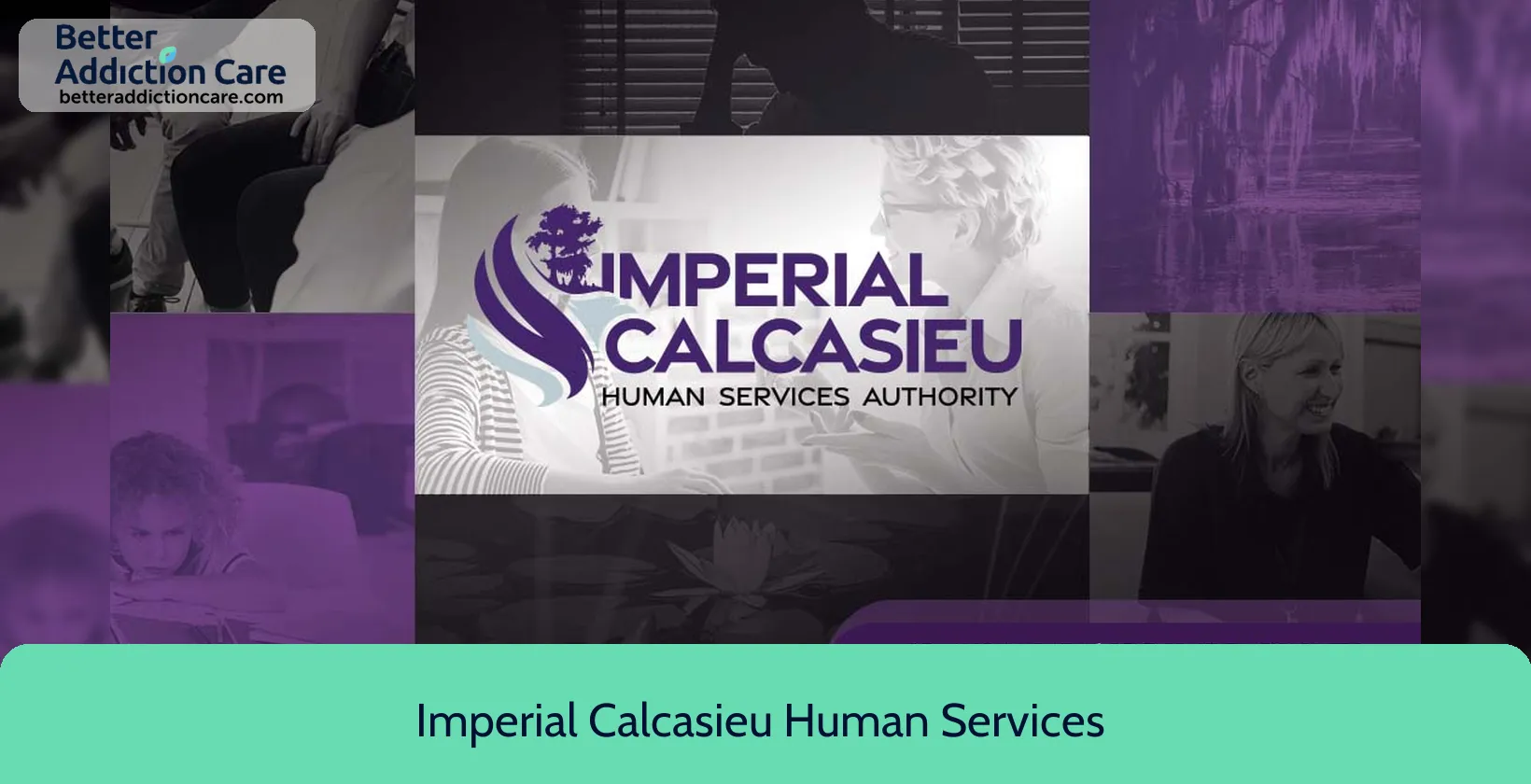
7.33
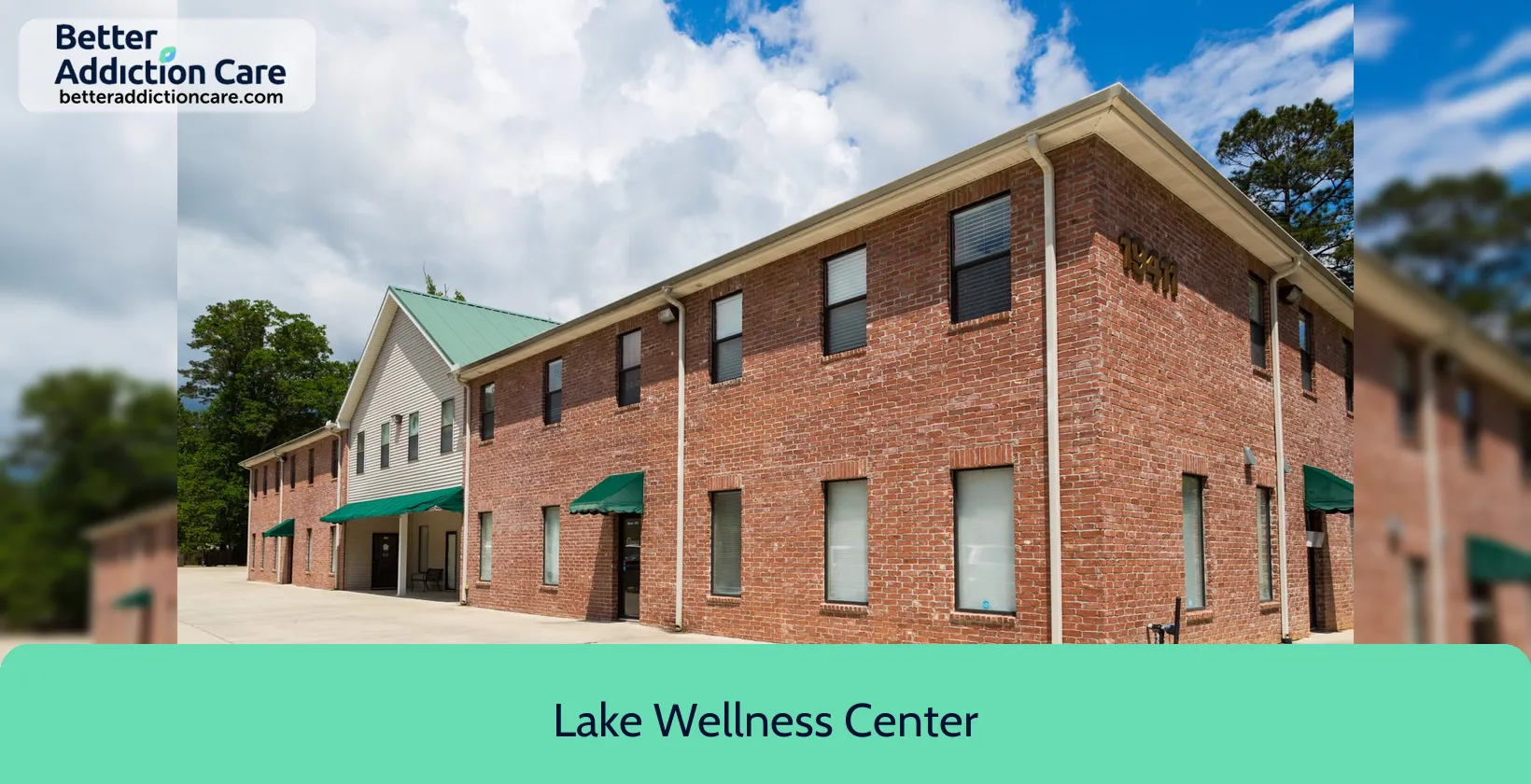
7.39
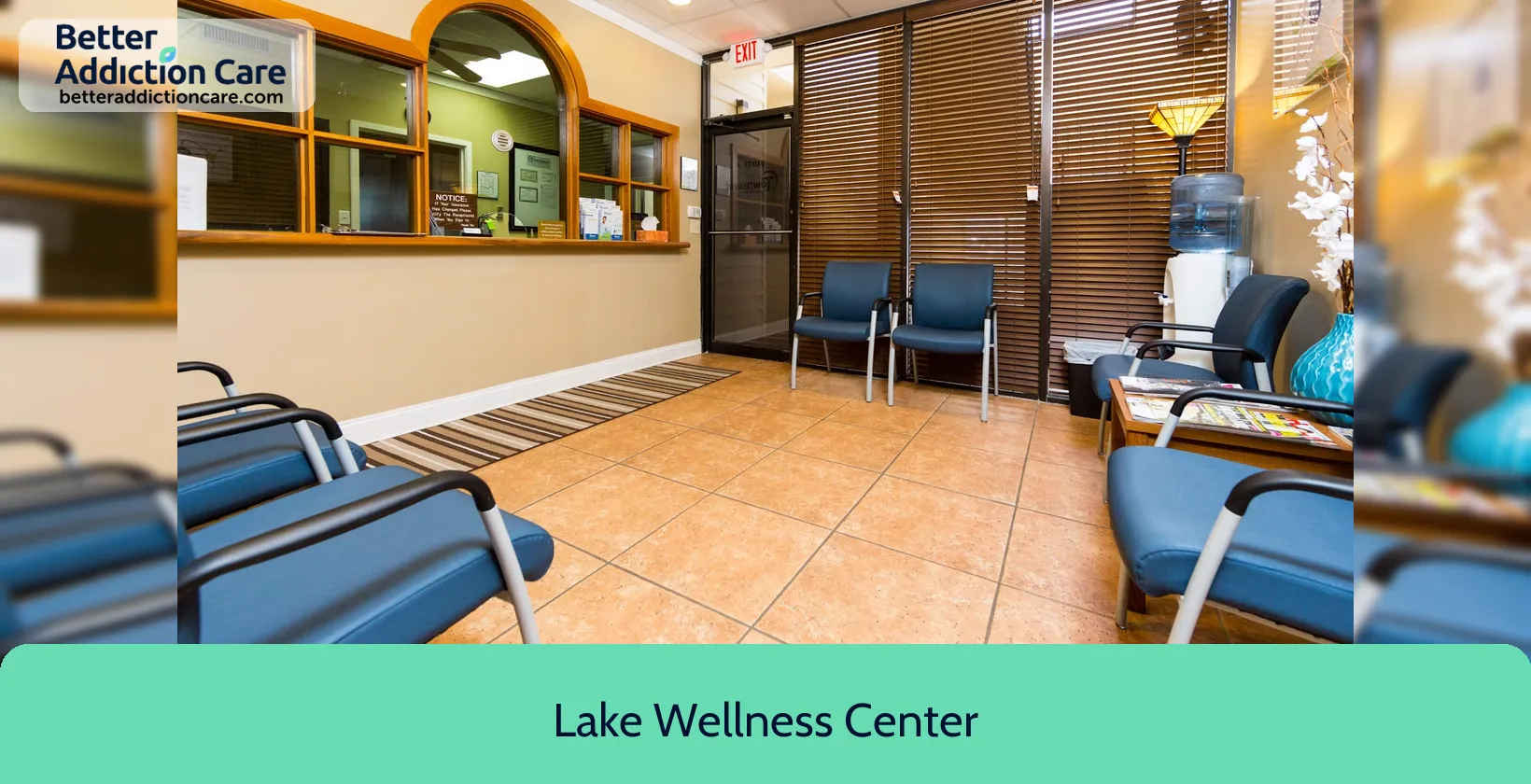
7.39
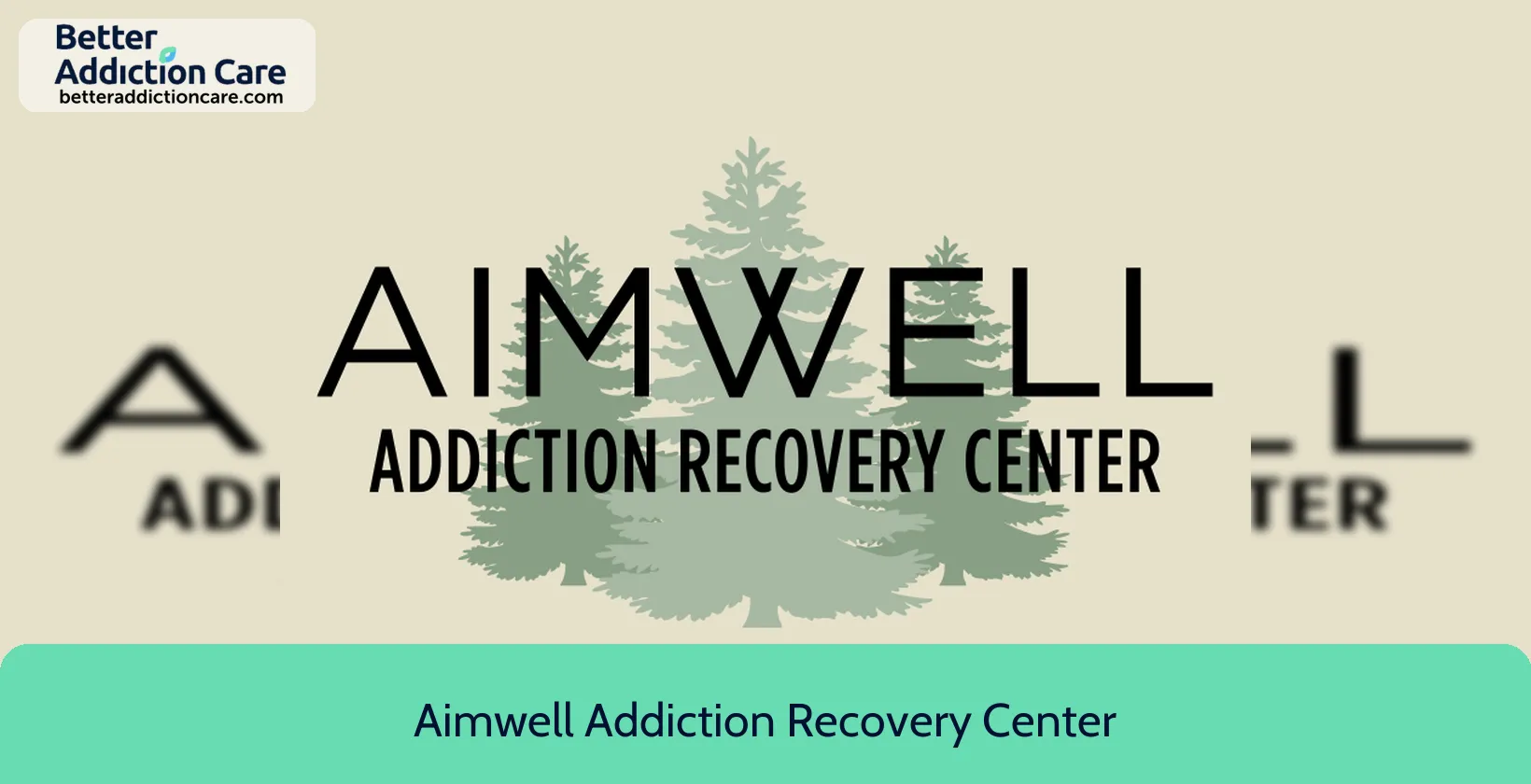
6.68

6.56

6.68
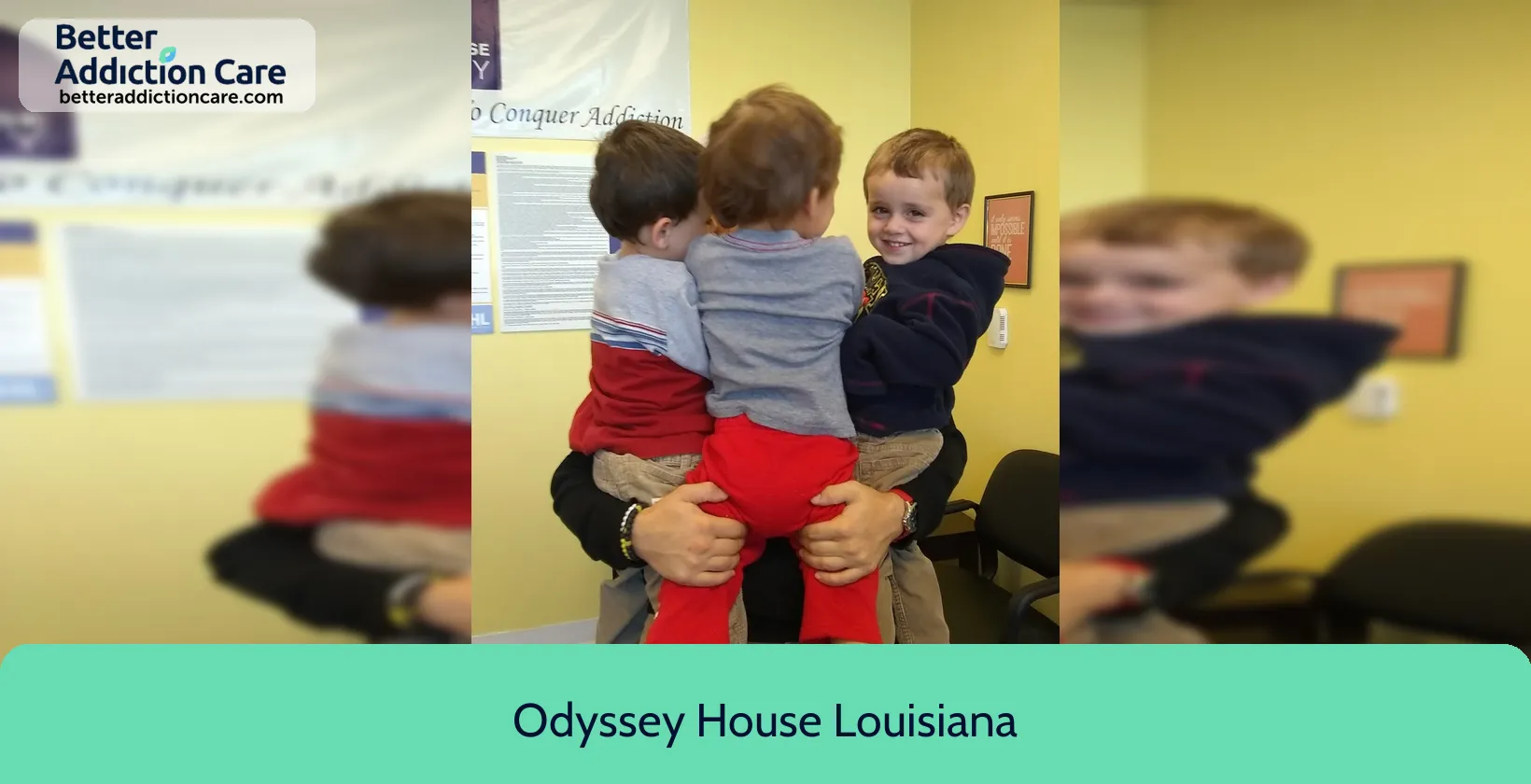
7.45
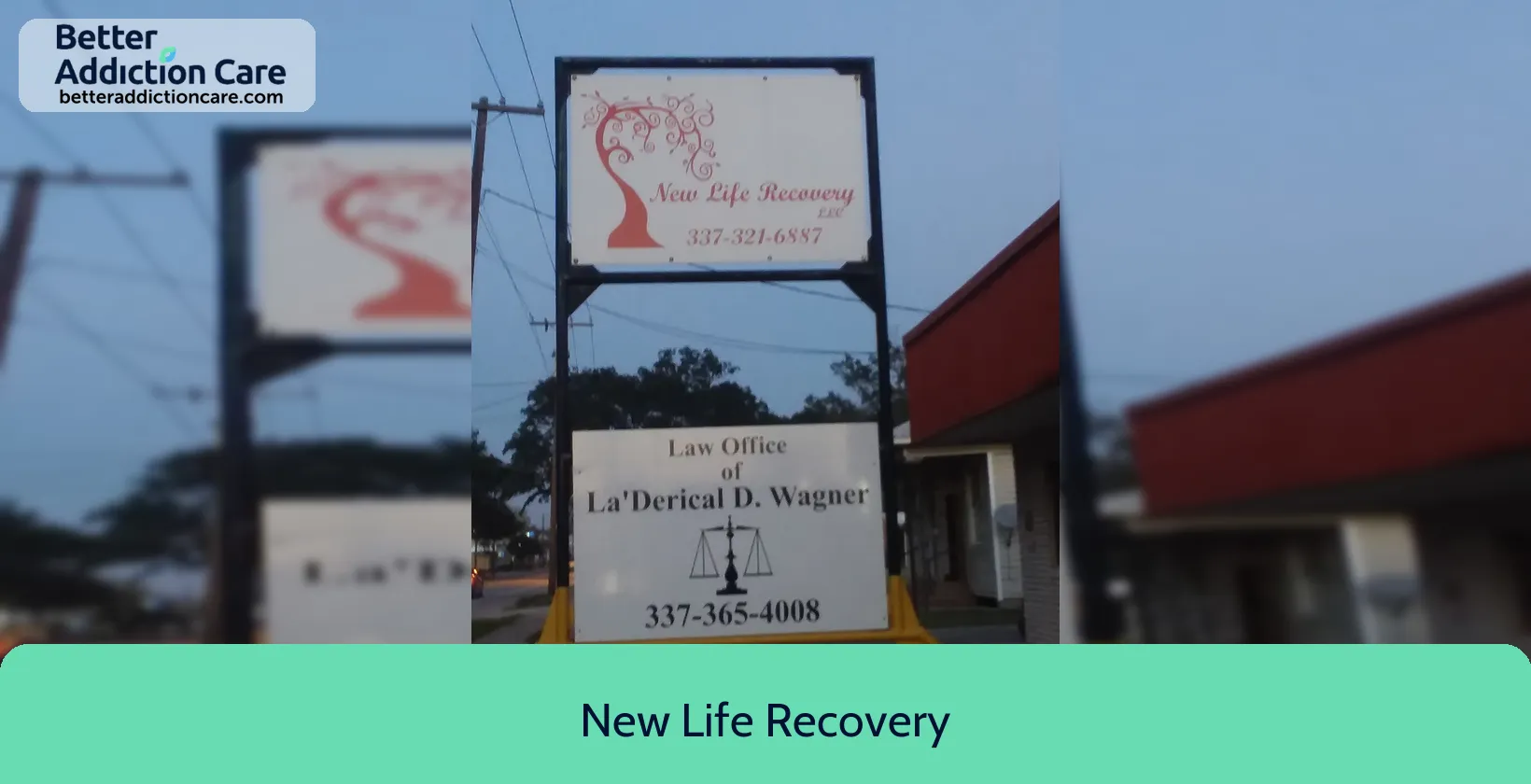
6.75
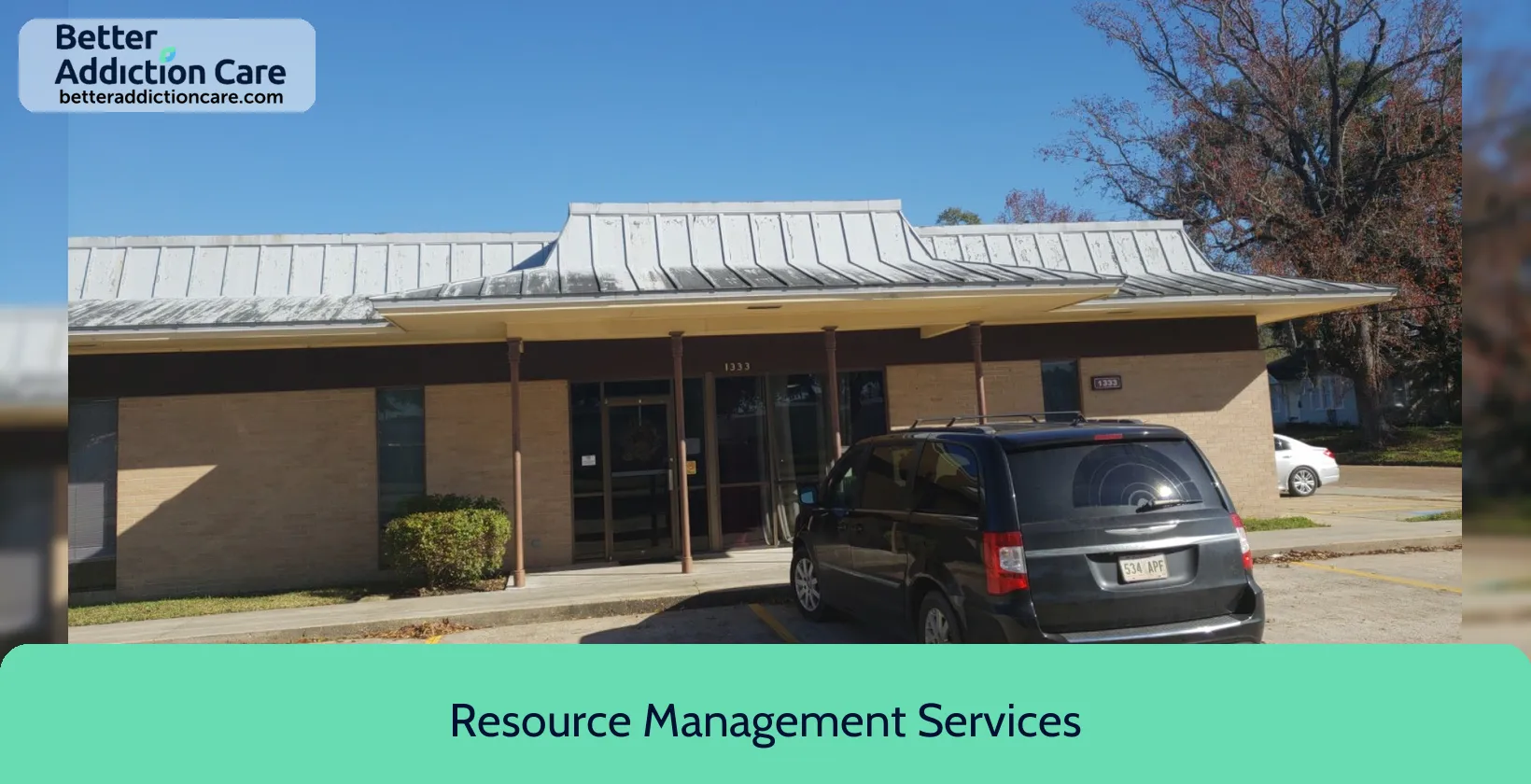
6.62
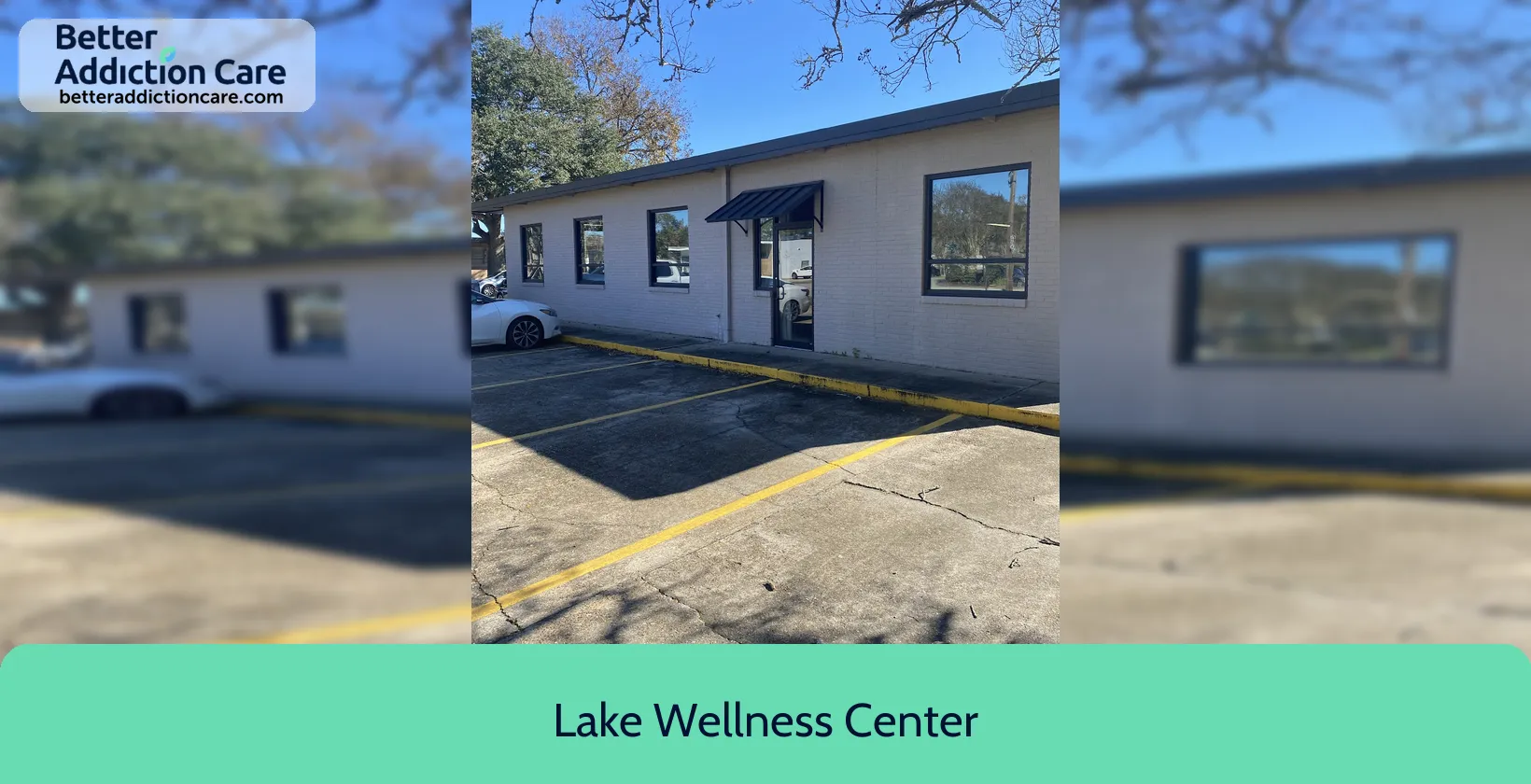
7.39

7.02
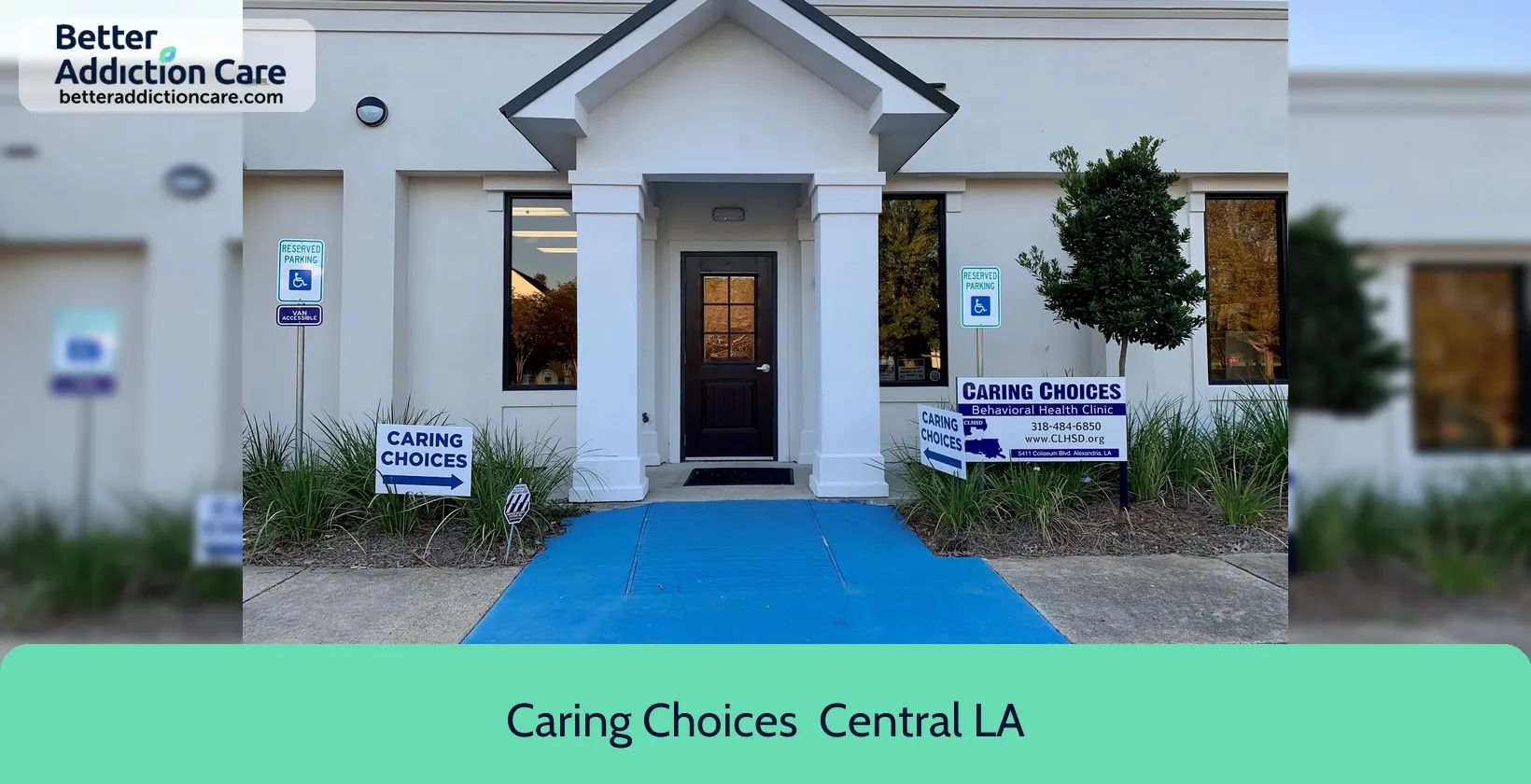
7.54

6.62
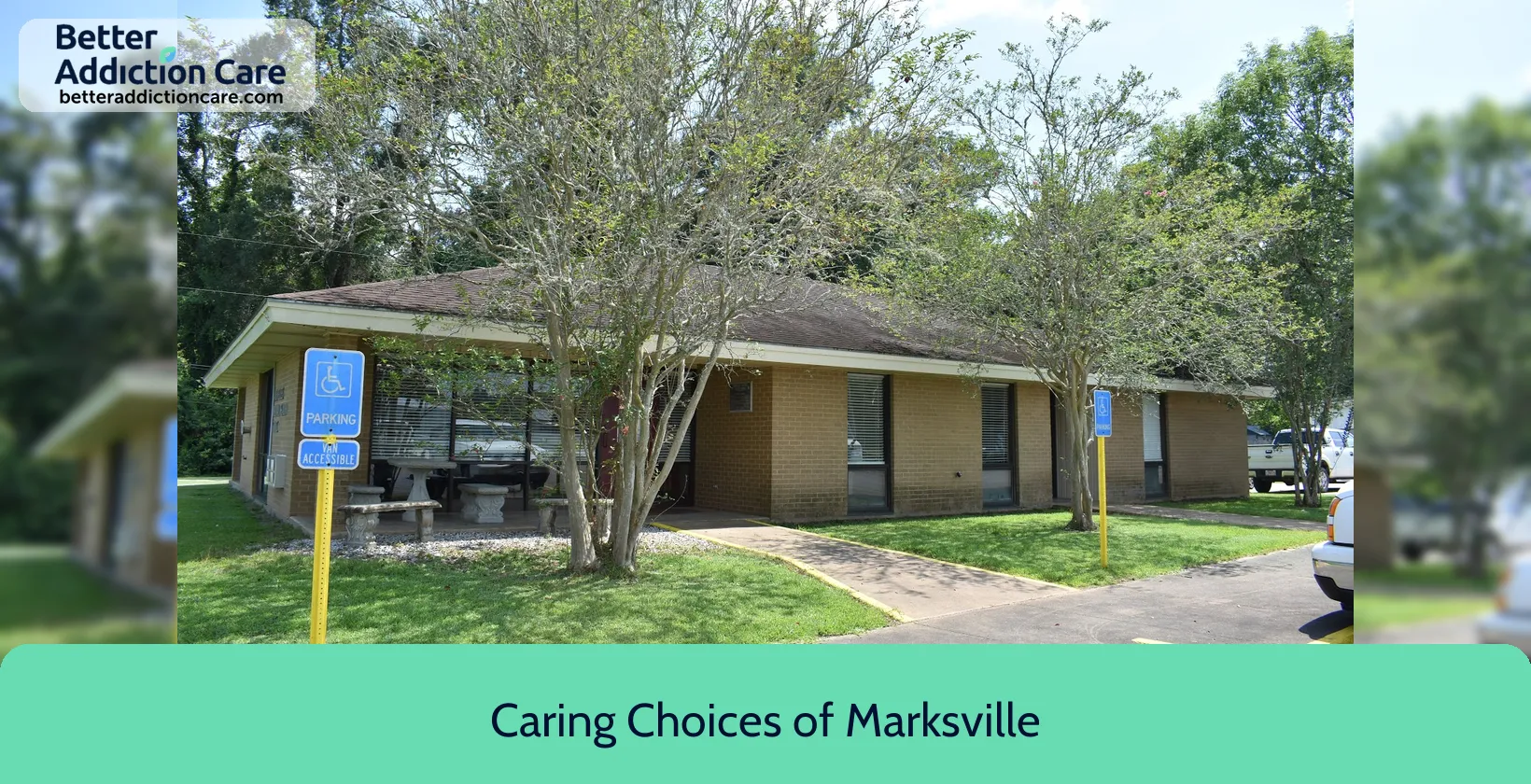
6.65
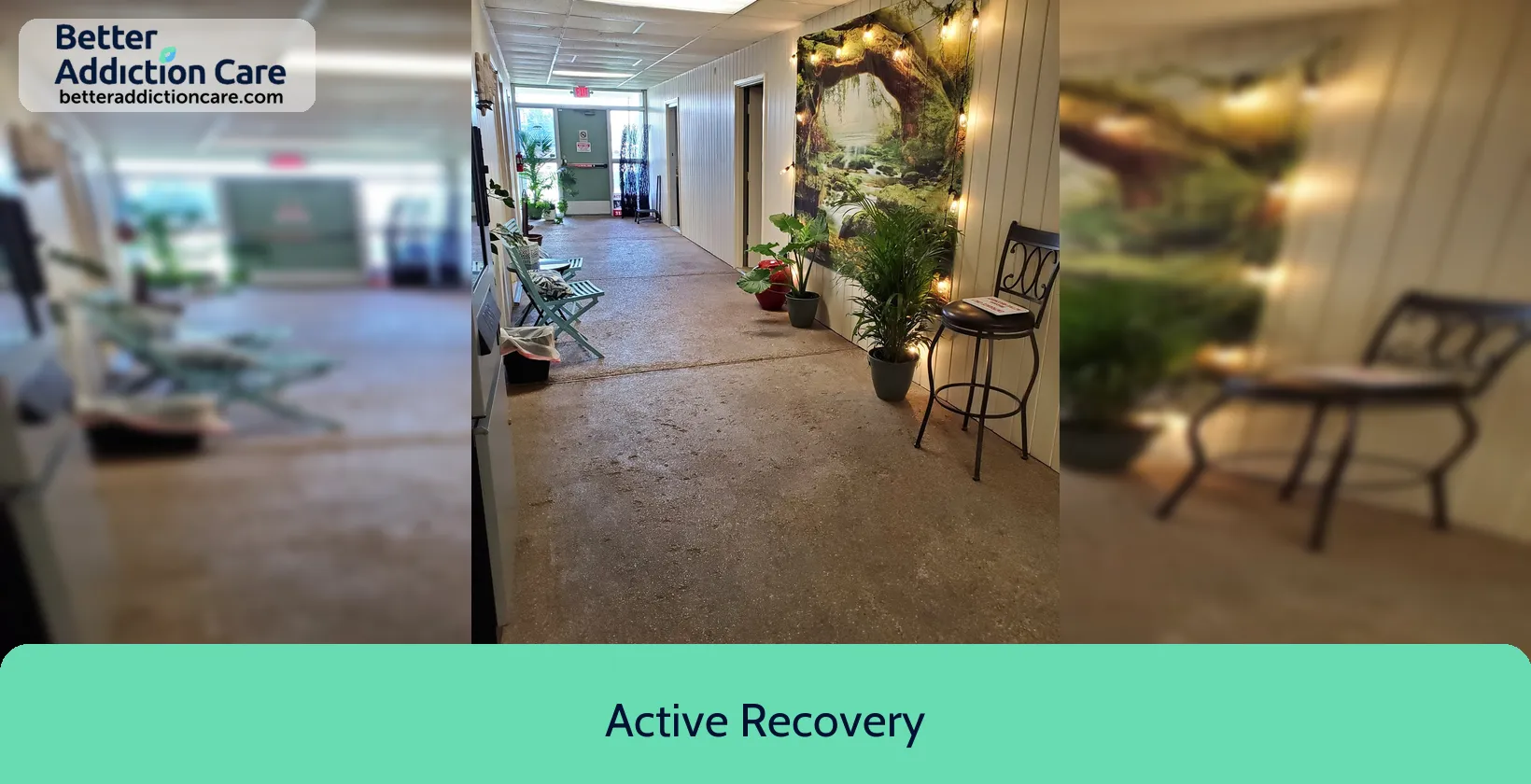
7.10
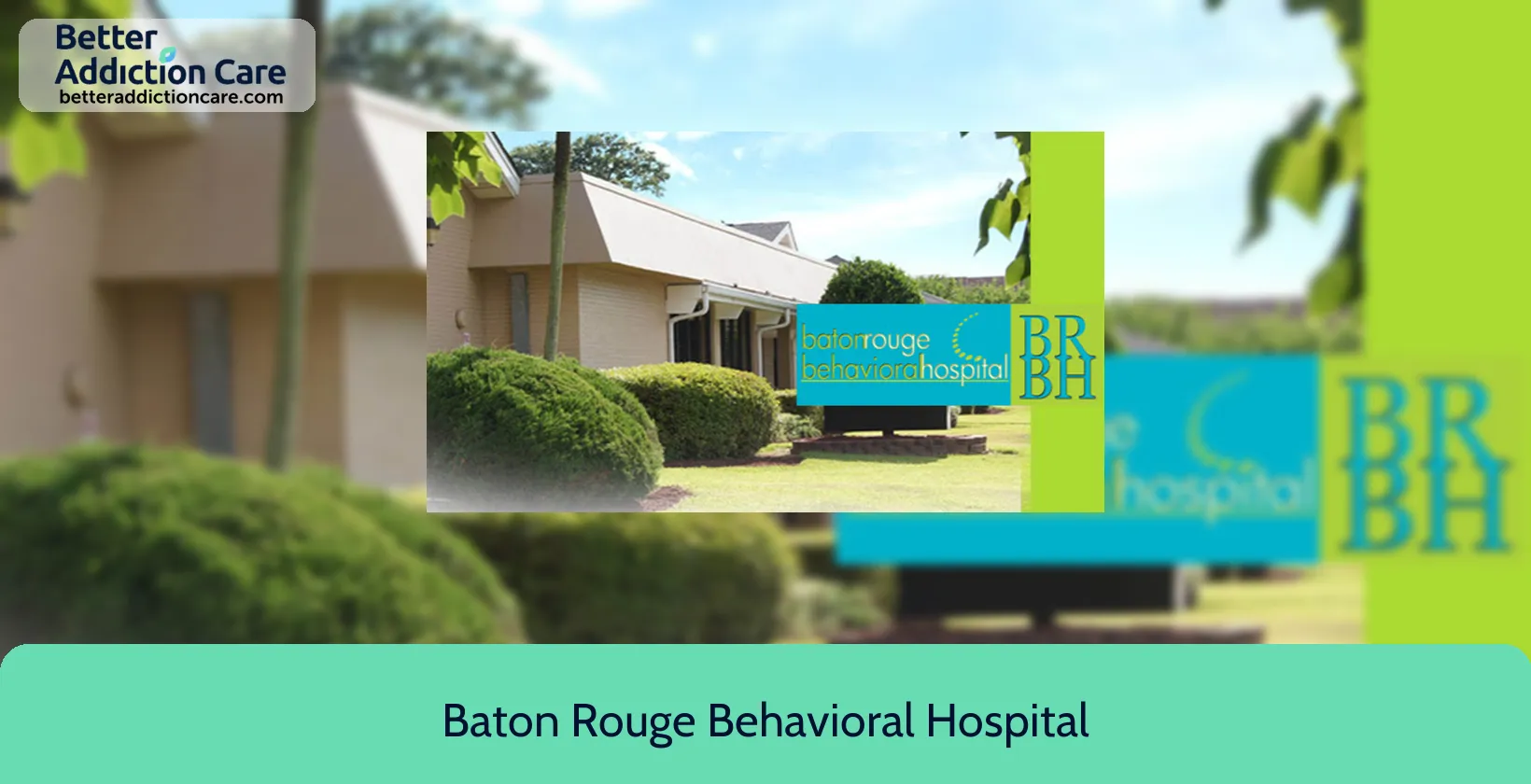
7.34

7.08
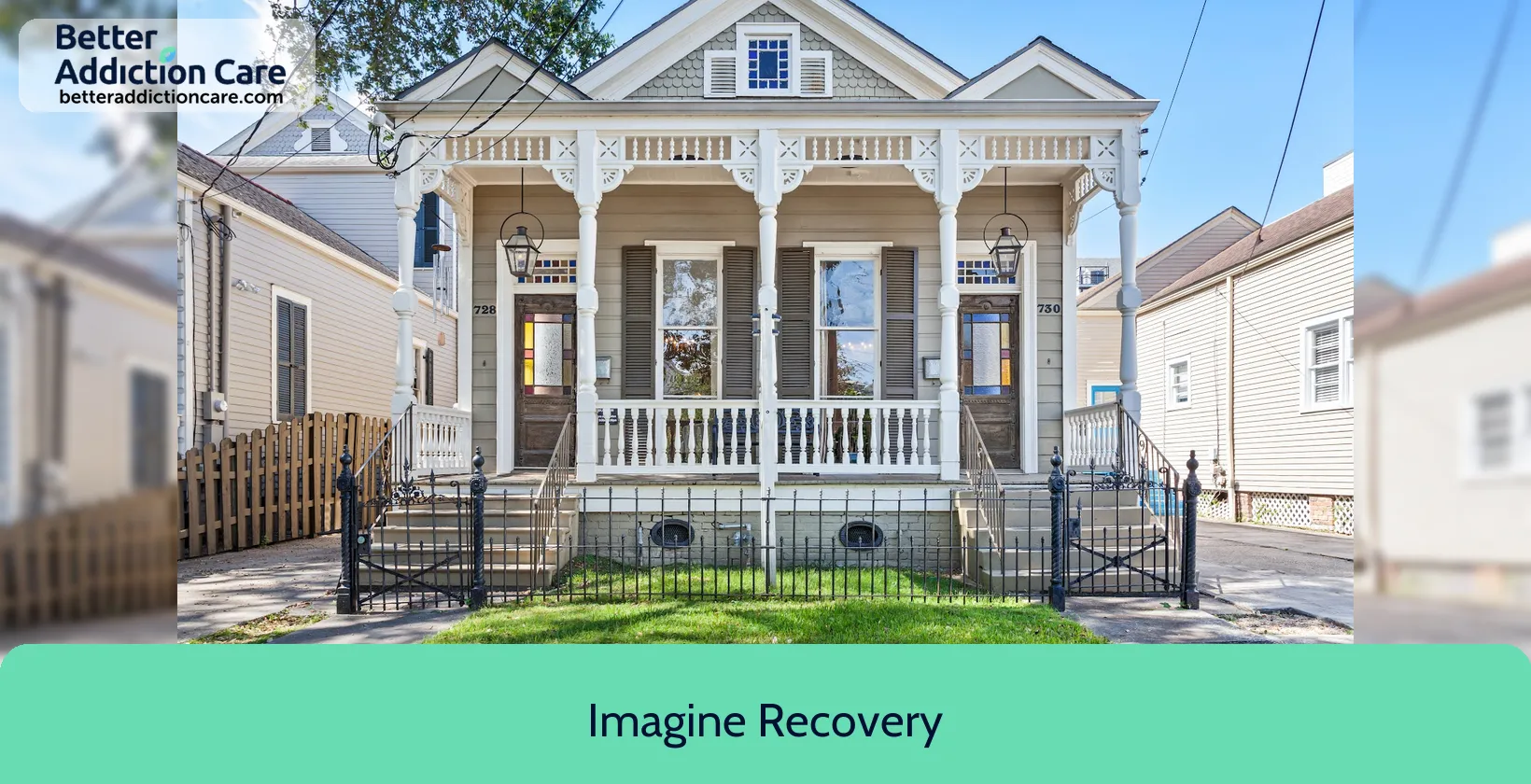
6.99

6.65

6.82
Local Rehabs in Louisiana
Common Questions About Rehab in Louisiana
Take a look at our FAQ. We've tried to fill it with all the answers you're looking for. And if not, contact us on (888) 349-0436.
Substance abuse and Mental Health facilities Report for Louisiana
32nd
Cheapest To Most Expensive State Rank
151
Substance Abuse Facilities
10,633
Number of Patients Annually
9,008
Annual Enrollments
$16M
Spent on Outpatient Services (Million)
$1,795.00
Avg Outpatient Rehab Cost
1,297
Residential Admissions
$73M
Spent on Residential Treatment (Million)
$56,822.00
Residential Rehab Pay (Up To)
328
Total Patients
6
Free Drug Rehab Facilities
Alcoholism, Drug Abuse, Mental Health, and Treatment in Louisiana
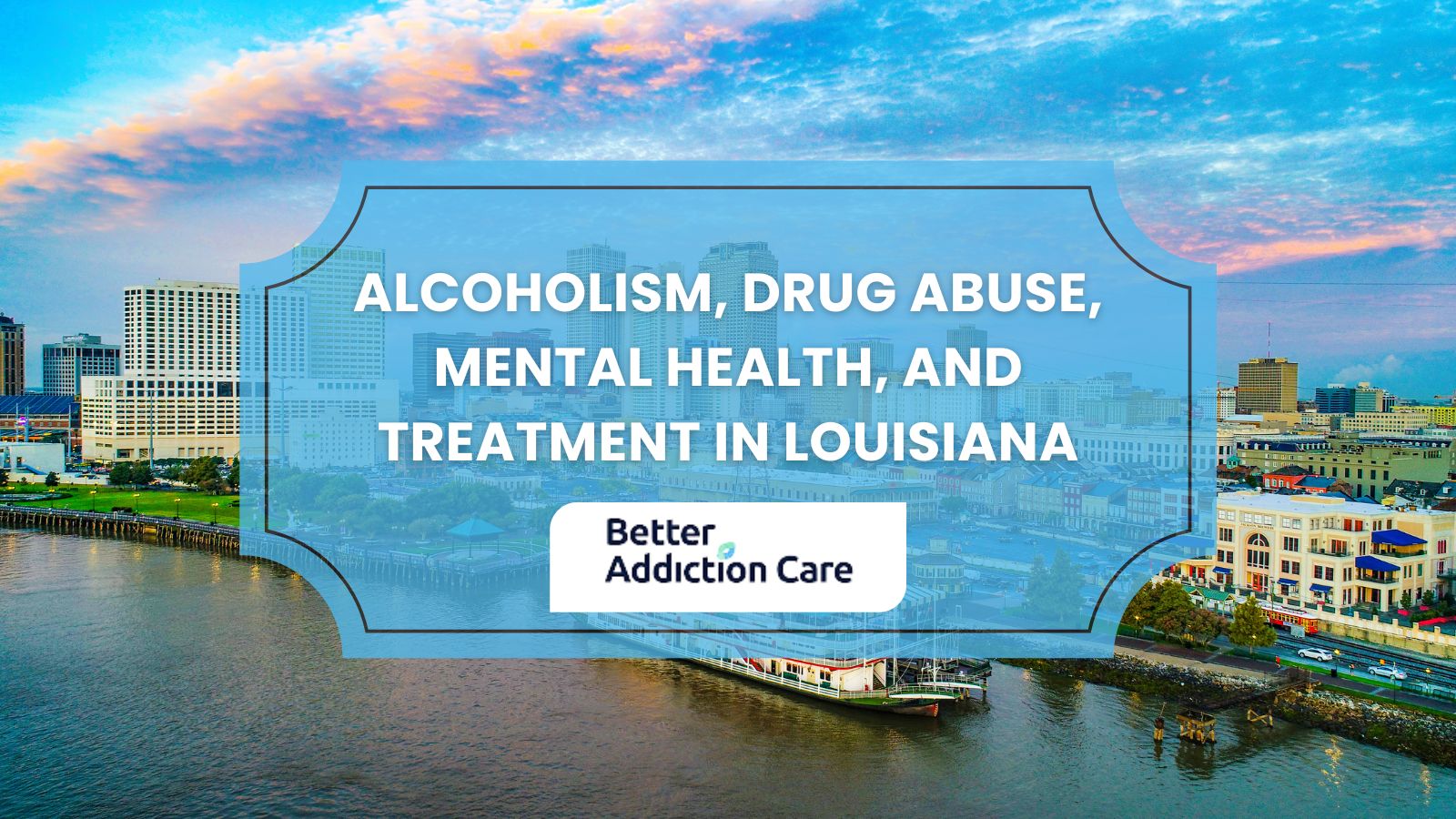
What are the main addictions people in Louisiana suffer from?
The main addictions people in Louisiana suffer from include:
- Alcohol Addiction: 399,000 individuals aged 12 or older, representing 10.45% of the Louisiana's population, experience AUD. Among adults aged 18 or older, 359,000 males (89.9%) are affected, while 40,000 (10%) females are affected.
- Drug Addiction: 396,000 individuals aged 12 or older, accounting for 10.35% of the population, suffer from Drug Addiction. This includes 361,000 males aged 18 or older (91%), while 35,000 (8.8%) females are affected.
- Opioid Addiction: 114,000 individuals aged 12 or older (2.99% of the population) have OUD. This includes 110,000 males aged 18 or older (96%), while 4,000 (3.5%) females are affected.
- Pain Reliever Addiction: 104,000 individuals aged 12 or older (2.72% of the population) are affected. This includes 100,000 males aged 18 or older (96%), while 4000 (3.8%) females are affected.
- Tobacco Addiction: 1,044,000 individuals aged 12 or older (27.31% of the population) use tobacco products monthly. This includes 1,033,000 males aged 18 or older (98%), while 11,000 (1.05%) females are affected.
What is the cost of rehab centers in Louisiana?
The cost of rehab centers in Louisiana is $56,822 without insurance coverage, which equates to 98%. Long-term inpatient rehab programs cost about $50,142, which is $6,680 (11.8%) less than the average. Outpatient treatment programs are generally more affordable, averaging $8,332, which is $48,490 (85.3%) less than the overall average. The type of addiction influences treatment costs. For instance, medical detoxification, often necessary for severe substance dependencies, averages around $140,087, which is $83,265 (146.5%) higher than the general average.
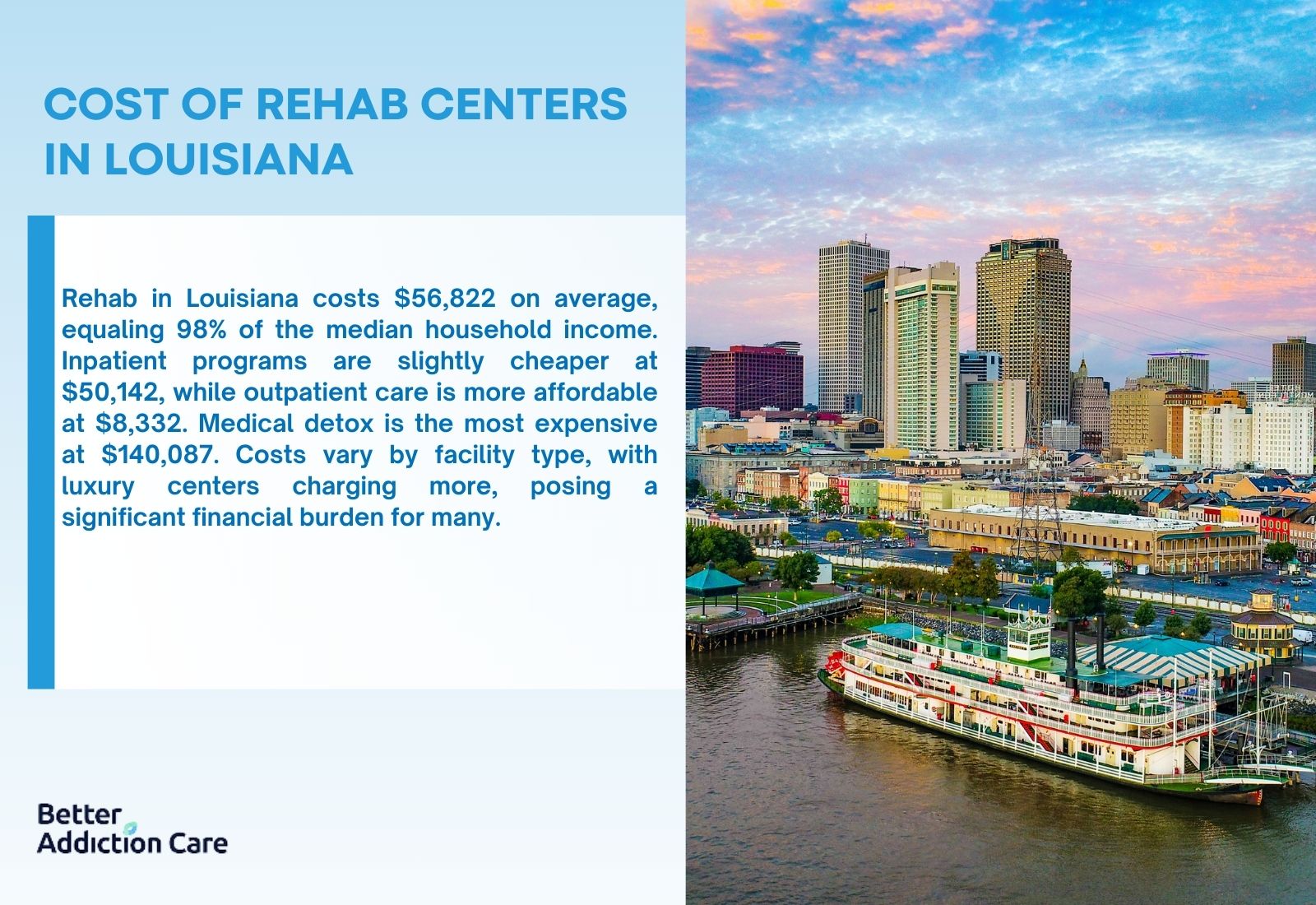
Louisiana's median household income is $57,852. The cost of rehab centers in Louisiana is $56,822 constituting 98% of household income. The cost of rehab centers in Louisiana represent a significant financial burden, especially for inpatient and medical detox programs. The cost of rehab centers in Louisiana also vary based on the type of facility, with luxury centers charging more than standard facilities.
What is the cost of LGBTQ+ rehab centers in Louisiana?
The cost of rehab centers in Louisiana is $55,000 without insurance coverage, which equates to 95%. Long-term inpatient rehab programs cost about $50,142, which is $6,680 (11.8%) less than the average. Outpatient treatment programs are generally more affordable, averaging $8,332, which is $48,490 (85.3%) less than the overall average. The type of addiction influences treatment costs. For instance, medical detoxification, often necessary for severe substance dependencies, averages around $140,087, which is $83,265 (146.5%) higher than the general average.
Louisiana's median household income is $57,852. The cost of rehab centers in Louisiana is $55,000 constituting 95% of household income. The cost of rehab centers in Louisiana represent a significant financial burden, especially for inpatient and medical detox programs. The cost of rehab centers in Louisiana also vary based on the type of facility, with luxury centers charging more than standard facilities.
What is the cost of Faith-Based rehab centers in Louisiana?
The cost of rehab centers in Louisiana is $53,489 without insurance coverage, which equates to 92%. Long-term inpatient rehab programs cost about $50,142, which is $6,680 (11.8%) less than the average. Outpatient treatment programs are generally more affordable, averaging $8,332, which is $48,490 (85.3%) less than the overall average. The type of addiction influences treatment costs. For instance, medical detoxification, often necessary for severe substance dependencies, averages around $140,087, which is $83,265 (146.5%) higher than the general average.
Louisiana's median household income is $57,852. The cost of rehab centers in Louisiana is $53,489 constituting 92% of household income. The cost of rehab centers in Louisiana represent a significant financial burden, especially for inpatient and medical detox programs. The cost of rehab centers in Louisiana also vary based on the type of facility, with luxury centers charging more than standard facilities.
What is the cost of Men-Only rehab centers in Louisiana?
The cost of rehab centers in Louisiana is $52,500 without insurance coverage, which equates to 90%. Long-term inpatient rehab programs cost about $50,142, which is $6,680 (11.8%) less than the average. Outpatient treatment programs are generally more affordable, averaging $8,332, which is $48,490 (85.3%) less than the overall average. The type of addiction influences treatment costs. For instance, medical detoxification, often necessary for severe substance dependencies, averages around $140,087, which is $83,265 (146.5%) higher than the general average.
Louisiana's median household income is $57,852. The cost of rehab centers in Louisiana is $52,500 constituting 90% of household income. The cost of rehab centers in Louisiana represent a significant financial burden, especially for inpatient and medical detox programs. The cost of rehab centers in Louisiana also vary based on the type of facility, with luxury centers charging more than standard facilities.
What is the cost of Women-Only rehab centers in Louisiana?
The cost of rehab centers in Louisiana is $50,822 without insurance coverage, which equates to 87%. Long-term inpatient rehab programs cost about $50,142, which is $6,680 (11.8%) less than the average. Outpatient treatment programs are generally more affordable, averaging $8,332, which is $48,490 (85.3%) less than the overall average. The type of addiction influences treatment costs. For instance, medical detoxification, often necessary for severe substance dependencies, averages around $140,087, which is $83,265 (146.5%) higher than the general average.
Louisiana's median household income is $57,852. The cost of rehab centers in Louisiana is $50,822 constituting 87% of household income. The cost of rehab centers in Louisiana represent a significant financial burden, especially for inpatient and medical detox programs. The cost of rehab centers in Louisiana also vary based on the type of facility, with luxury centers charging more than standard facilities.
What is the cost of Teen rehab centers in Louisiana?
The cost of rehab centers in Louisiana is $51,900 without insurance coverage, which equates to 89%. Long-term inpatient rehab programs cost about $50,142, which is $6,680 (11.8%) less than the average. Outpatient treatment programs are generally more affordable, averaging $8,332, which is $48,490 (85.3%) less than the overall average. The type of addiction influences treatment costs. For instance, medical detoxification, often necessary for severe substance dependencies, averages around $140,087, which is $83,265 (146.5%) higher than the general average.
Louisiana's median household income is $57,852. The cost of rehab centers in Louisiana is $51,900 constituting 89% of household income. The cost of rehab centers in Louisiana represent a significant financial burden, especially for inpatient and medical detox programs. The cost of rehab centers in Louisiana also vary based on the type of facility, with luxury centers charging more than standard facilities.
What is the cost of Young Adult rehab centers in Louisiana?
The cost of rehab centers in Louisiana is $54,000 without insurance coverage, which equates to 93%. Long-term inpatient rehab programs cost about $50,142, which is $6,680 (11.8%) less than the average. Outpatient treatment programs are generally more affordable, averaging $8,332, which is $48,490 (85.3%) less than the overall average. The type of addiction influences treatment costs. For instance, medical detoxification, often necessary for severe substance dependencies, averages around $140,087, which is $83,265 (146.5%) higher than the general average.
Louisiana's median household income is $57,852. The cost of rehab centers in Louisiana is $54,000 constituting 93% of household income. The cost of rehab centers in Louisiana represent a significant financial burden, especially for inpatient and medical detox programs. The cost of rehab centers in Louisiana also vary based on the type of facility, with luxury centers charging more than standard facilities.
What is the cost of Luxury Rehab centers in Louisiana?
The cost of rehab centers in Louisiana is $56,500 without insurance coverage, which equates to 97%. Long-term inpatient rehab programs cost range from $5,000 to $80,000, depending on the level of luxury provided. Outpatient treatment programs are generally more affordable, averaging $8,332, which is $48,490 (85.3%) less than the overall average. Luxury rehab centers, offering upscale amenities and personalized care, significantly exceed this average. For instance, medical detoxification, often necessary for severe substance dependencies, averages around $140,087, which is $83,265 (146.5%) higher than the general average.
Louisiana's median household income is $57,852. The cost of rehab centers in Louisiana is $56,500 constituting 97% of household income. The cost of rehab centers in Louisiana represent a significant financial burden, especially for inpatient and medical detox programs. The cost of rehab centers in Louisiana also vary based on the type of facility, with luxury centers charging more than standard facilities.
What is the cost of Dual Diagnosis rehab centers in Louisiana?
The cost of rehab centers in Louisiana is $51,900 without insurance coverage, which equates to 89%. Long-term inpatient rehab programs cost about $50,142, which is $6,680 (11.8%) less than the average. Outpatient treatment programs are generally more affordable, averaging $8,332, which is $48,490 (85.3%) less than the overall average. The type of addiction influences treatment costs. For instance, medical detoxification, often necessary for severe substance dependencies, averages around $140,087, which is $83,265 (146.5%) higher than the general average.
Louisiana's median household income is $57,852. The cost of rehab centers in Louisiana is $51,900 constituting 89% of household income. The cost of rehab centers in Louisiana represent a significant financial burden, especially for inpatient and medical detox programs. The cost of rehab centers in Louisiana also vary based on the type of facility, with luxury centers charging more than standard facilities.
Is drug abuse and addiction a problem in Louisiana?
Yes, drug abuse and addiction is a problem in Louisiana. The state of Louisiana has seen alarmingly high overdose death rates, with 2,376 drug overdose deaths reported in 2024, equating to 52 deaths per 100,000 people—nearly 67% higher than the national average. This marks one of the highest overdose death rates Louisiana has faced since 2000. Substance use disorders are widespread, with 11.2% of residents aged 12 or older reporting such issues in 2022-2024, highlighting the pervasive nature of addiction across various demographics. The state of Louisiana’s opioid prescription rates further exacerbate the problem, with Louisiana providers issuing 74.4 opioid prescriptions per 100 persons in 2024, significantly above the national average of 43.3 prescriptions, fueling opioid misuse and dependency.
The situation has worsened over time, with the drug overdose death rate increasing in 17 of the last 23 years. Between 2022 and 2024, the rate more than doubled, tripling since 2019, underscoring the growing crisis. Synthetic opioids like fentanyl have played a critical role in this trend, accounting for 51% of overdose deaths in 2024. Stimulant-related deaths have seen a dramatic rise, increasing from 13% of drug poisoning deaths in 2022 to 32% in 2024. These alarming trends illustrate the escalating challenge of drug abuse and addiction in Louisiana, which continues to strain public health resources and impact communities.
Is alcoholism a problem in Louisiana?
Yes, alcoholism is a problem in Louisiana. 10% of Louisiana residents have a diagnosable alcohol addiction, indicating a high prevalence of alcohol dependency within the state of Louisiana. Between 2022 and 2024, 31.2% of all driving deaths in Louisiana involved alcohol, highlighting the substantial impact of alcohol-impaired driving on public safety.
In 2024, Louisiana reported 443 alcohol-related deaths, reflecting a 98.7% increase since 2005. This rise corresponds to a rate of 9.5 deaths per 100,000 people, marking a 90% increase over two decades. These statistics underscore the escalating challenge of alcoholism in Louisiana, with significant increases in alcohol-related fatalities and a persistent prevalence of alcohol use disorders over the years.
Is Mental Health a problem in Louisiana?
Yes, mental health is a problem in Louisiana. 715,000 adults in the state of Louisiana experience mental health conditions, surpassing three times the population of Baton Rouge. Among adolescents aged 12 to 17, 44,000 have depression, with 62.3% not receiving any care in the past year. The COVID-19 pandemic has exacerbated these issues; in February 2024, 47.5% of adults reported symptoms of anxiety or depression, and 18.6% were unable to access needed counseling or therapy.
Over the years, the prevalence of mental health issues in Louisiana has increased. From 2020 to 2024, the percentage of residents reporting a history of depression rose from 23.9% to 26.4%, a higher increase compared to the national average, which grew from 19.7% to 21.6%.
A recent study found that between 2022 and 2024, Louisiana had the highest rate of anxiety and depression in the U.S. These trends highlight the growing mental health challenges faced by the state's population.
Can you travel to Louisiana for rehab?
Yes, you can travel to Louisiana for rehab, and there are several compelling reasons to consider it.
First, Louisiana offers a culturally rich and supportive environment for recovery. The state of Louisiana's unique heritage, encompassing vibrant music, cuisine, and traditions, provides a comforting backdrop that can be both grounding and inspiring for those undergoing treatment. This environment plays a critical role in creating a positive mental state during the recovery process.
Secondly, Louisiana boasts a diverse range of rehab facilities, including luxury centers and those specializing in holistic and personalized treatment plans. The state of Louisiana's rehab centers often integrate evidence-based therapies with unique offerings such as art therapy, outdoor activities, and community-focused programs, making the treatment experience both comprehensive and engaging.
Thirdly, the state of Louisiana’s natural beauty, from serene bayous to picturesque landscapes, creates an ideal setting for healing and reflection. The tranquil environment allows patients to step away from the stressors of daily life, focus on their recovery journey, and reconnect with themselves in peaceful surroundings. These factors, cultural richness, tailored treatment options, and a serene natural setting—set Louisiana apart as a destination for effective and transformative rehab.
Can addiction be treated in Louisiana?
Yes, addiction can be treated in Louisiana for several reasons. Firstly, Louisiana offers a wide variety of rehab centers that provide specialized care for different types of addiction, including alcohol, opioids, and other substances. These facilities range from outpatient programs to residential care, ensuring that individuals access the level of support they need.
Secondly, the state of Louisiana has a growing focus on evidence-based treatment approaches, such as cognitive-behavioral therapy (CBT), medication-assisted treatment (MAT), and group counseling. These methods have been proven effective in addressing both the physical and psychological aspects of addiction.
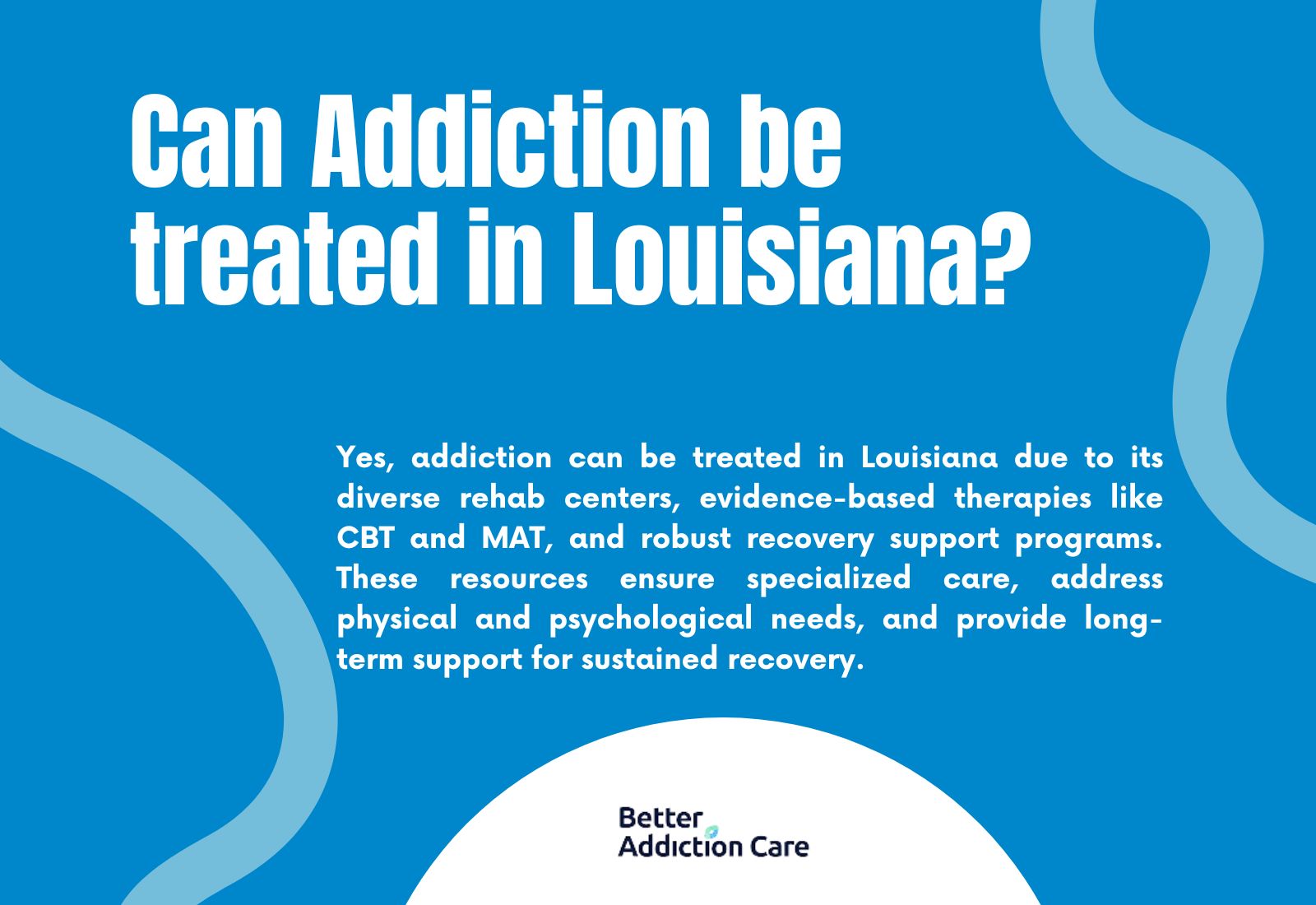
Finally, Louisiana’s recovery programs often incorporate community support and aftercare services, helping individuals maintain long-term sobriety. With a strong network of support groups, peer mentorship, and access to ongoing counseling, the state of Louisiana provides a robust system for sustained recovery. These resources make Louisiana a viable place for effective addiction treatment.
What is the state of Louisiana?
The state of Louisiana is the southern state of the U.S. Louisiana, located in the southern region of the United States, is bordered by Arkansas to the north, Mississippi to the east, Texas to the west, and the Gulf of Mexico to the south. As of the 2024 U.S. Census, the state of Louisiana's population was 4,657,757, with a slight female majority at 51.1% and males comprising 48.9%.
Economically, Louisiana faces challenges. In 2024, it ranked 31st in Economic Outlook and 50th in Economic Performance among U.S. states. The state of Louisiana's Gross Domestic Product (GDP) was $244.4 billion, placing it 27th in size among states. 18.7% of Louisiana's population lives below the poverty line, higher than the national average of 12.5%. These indicators suggest that Louisiana has a relatively lower economic standing compared to other states.
What is the population of Louisiana?
The population of Louisiana is 4,657,757, with females making up 51.1% and males accounting for 48.9%. The age distribution shows that 1,082,577 individuals, or 23.3% of the population, are under 18 years old. Those aged 18 to 64 comprise the majority, with 2,814,726 individuals representing 60.7%, while 743,243 people, or 16.0%, are 65 years and older. The largest specific age group is 35 to 39 years, with 320,387 individuals making up 6.9% of the population, whereas the smallest group is 80 to 84 years, with 79,778 individuals accounting for 1.7%. These figures illustrate a balanced gender distribution and a diverse demographic spread within the state.
What is the income of people from Louisiana?
The income of people from Louisiana is $32,981, per capita income, which is 76% of the national average of $43,313. The median household income stands at $57,852, about 74% of the U.S. median of $77,719.
Income disparities are evident across different age groups and genders. For instance, the median household income for individuals under 25 is $29,000, while for those aged 45 to 64, it rises to $65,000. Gender-wise, males have a median income of $45,000, whereas females earn $35,000, indicating a significant gender income gap. These figures highlight notable income disparities across age groups and between genders in Louisiana.
